So....Why am I walking this Via Francigena pilgrimage?
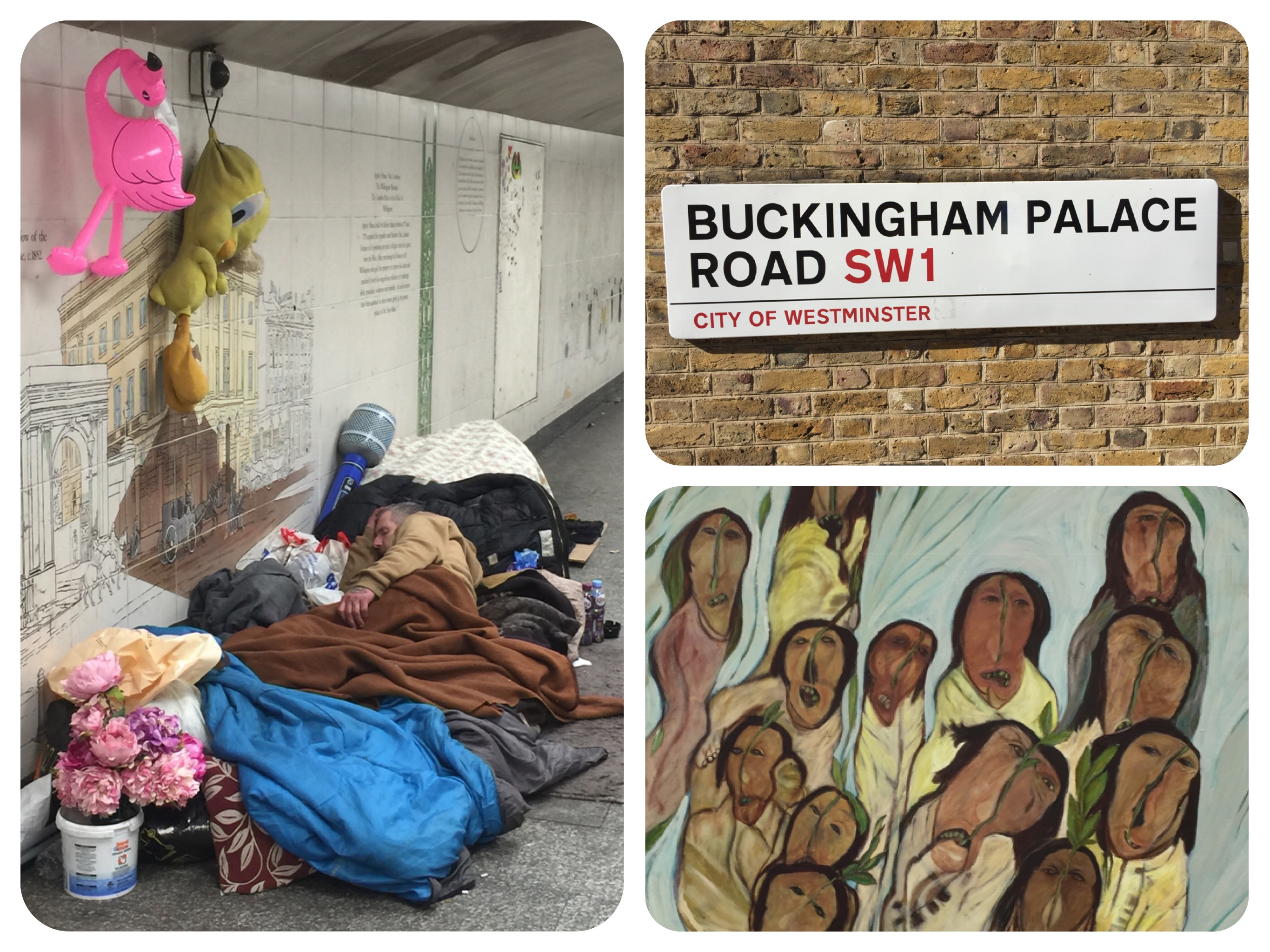
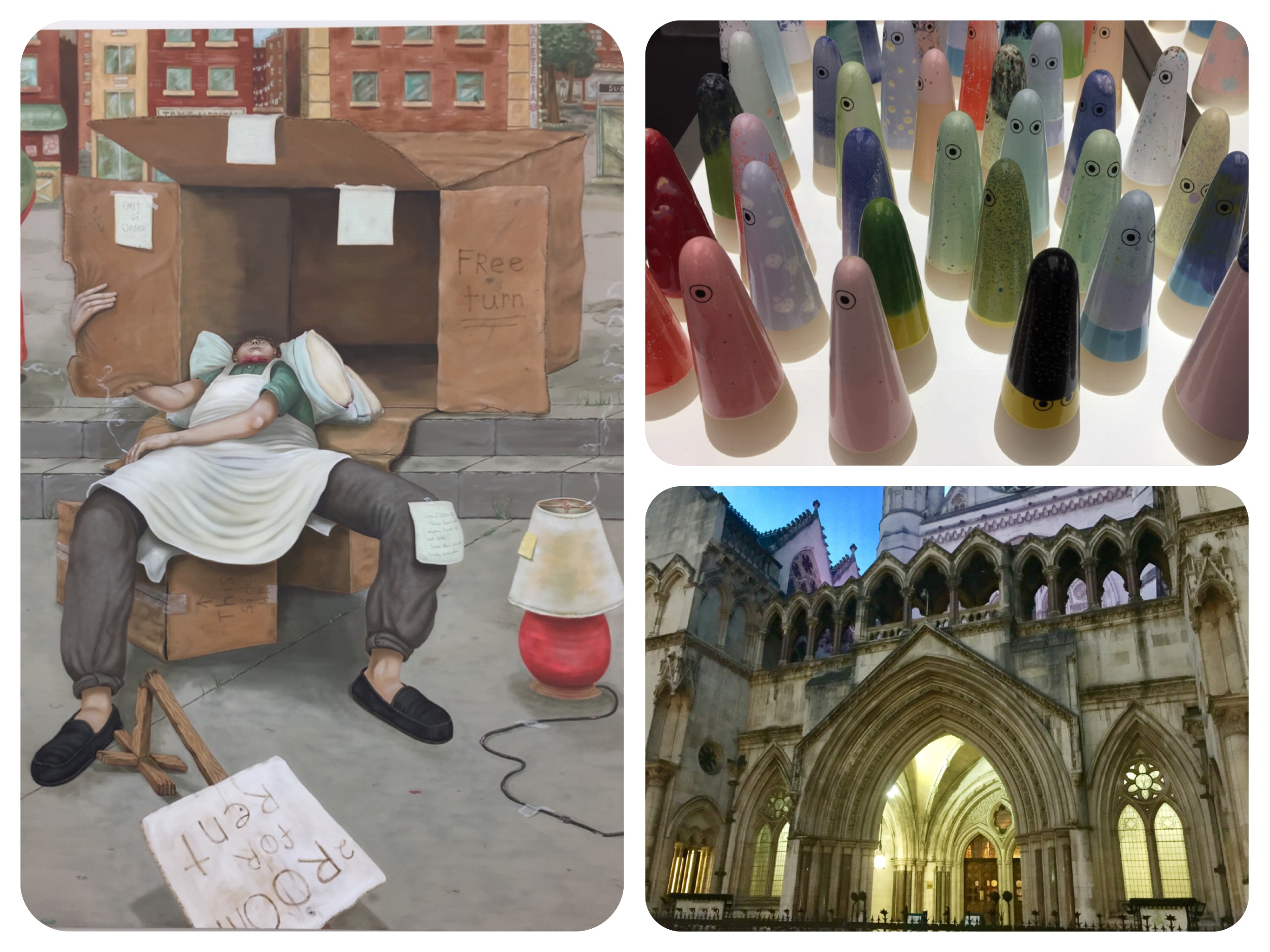
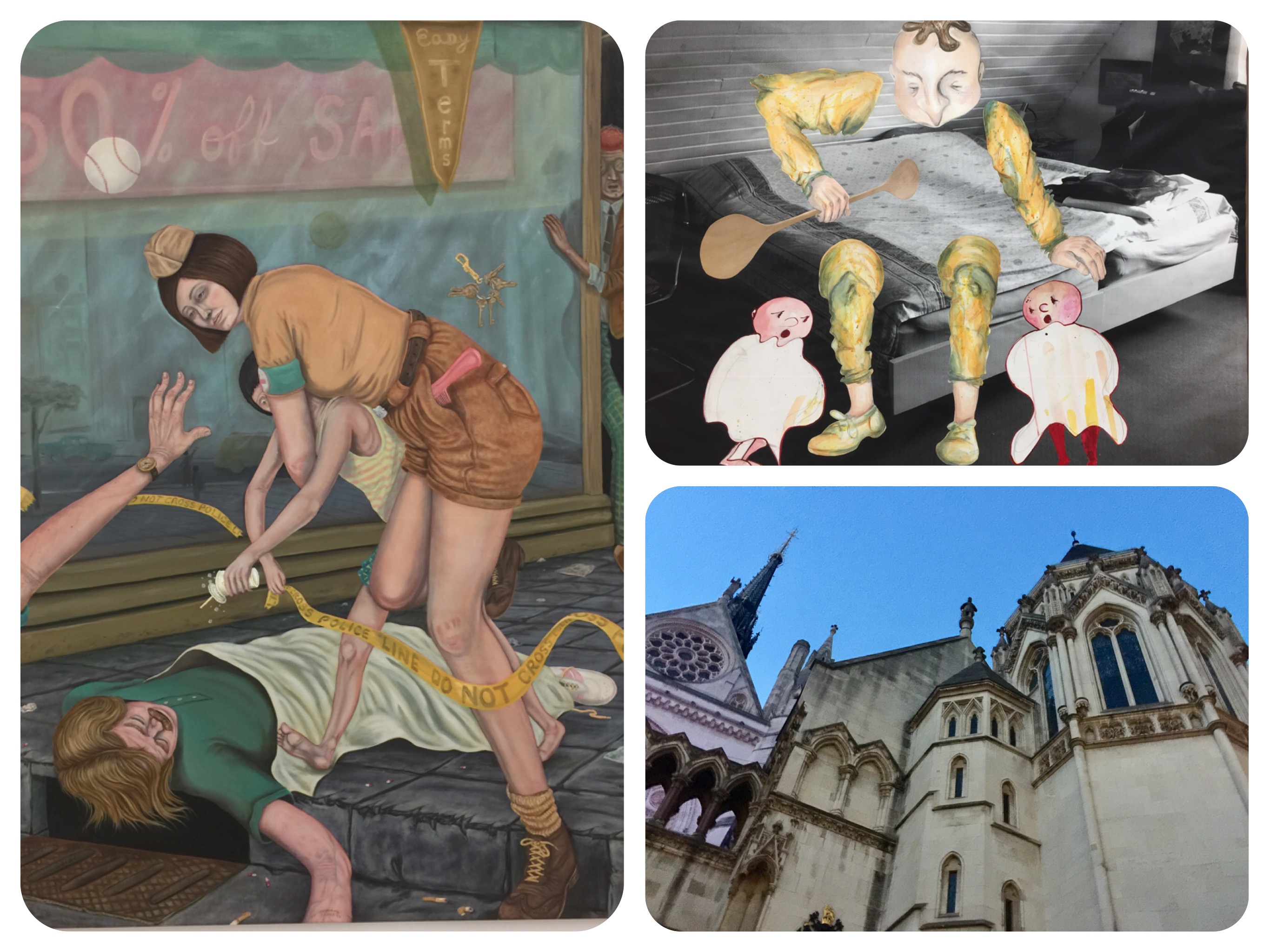
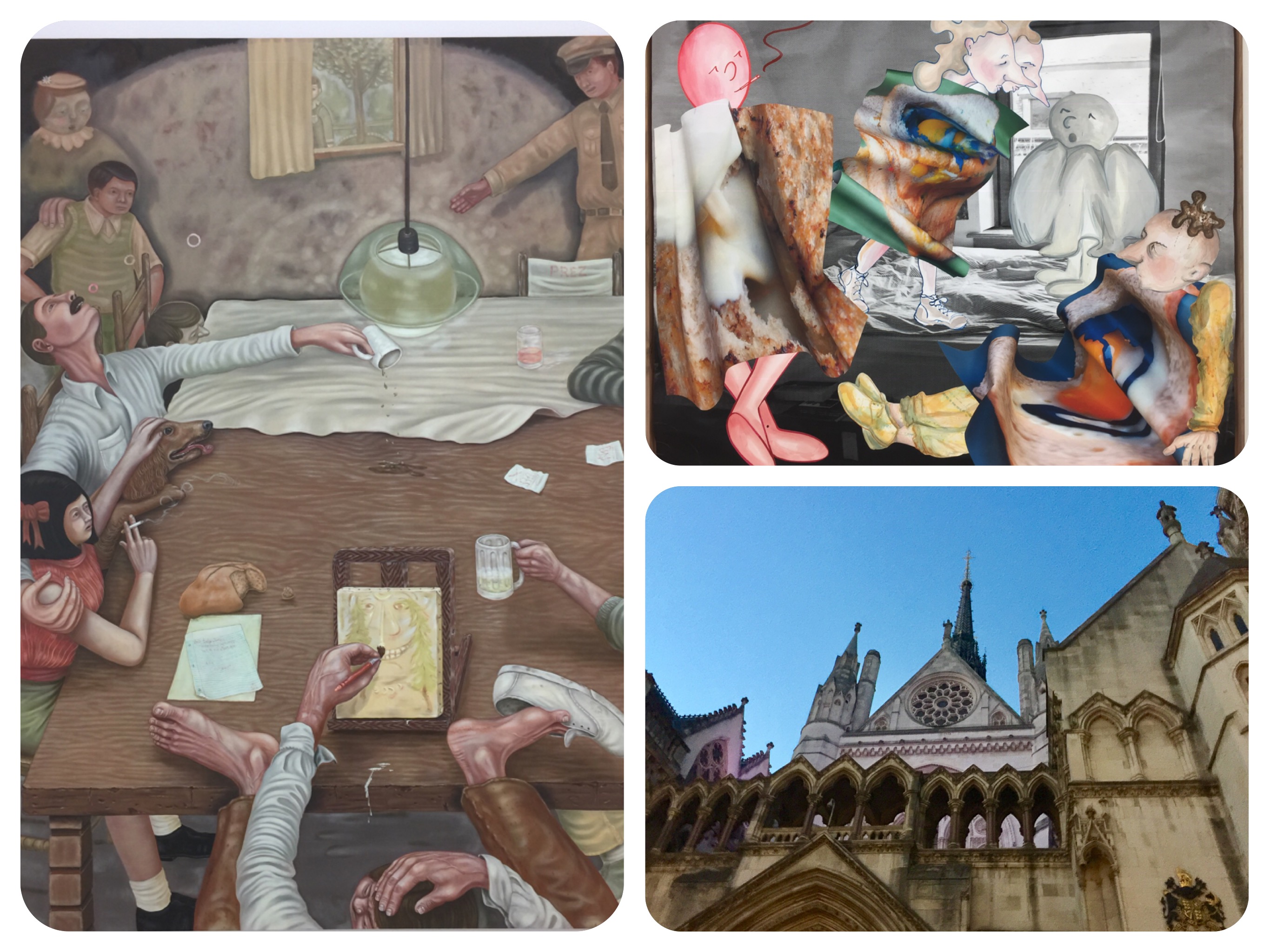
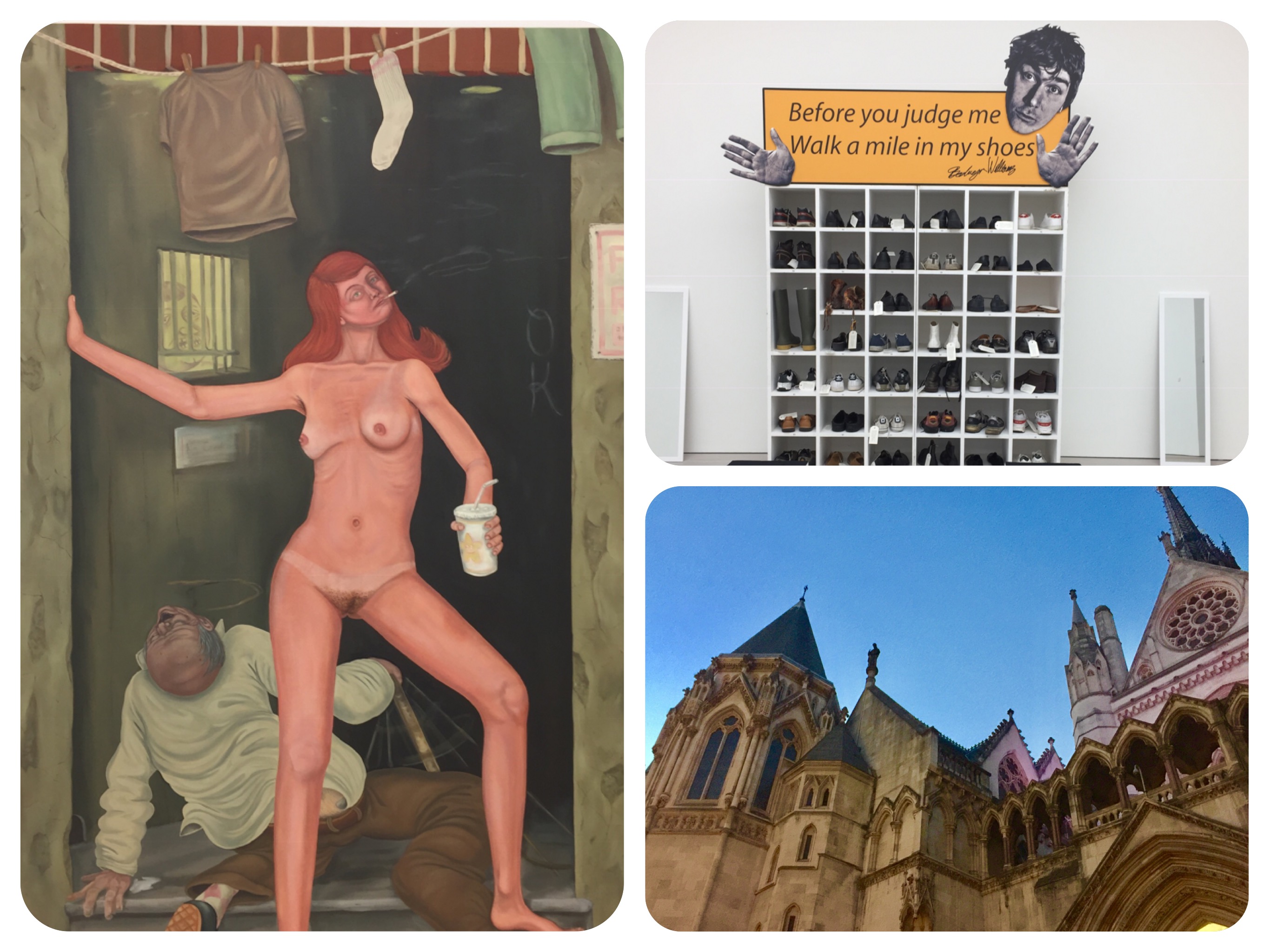
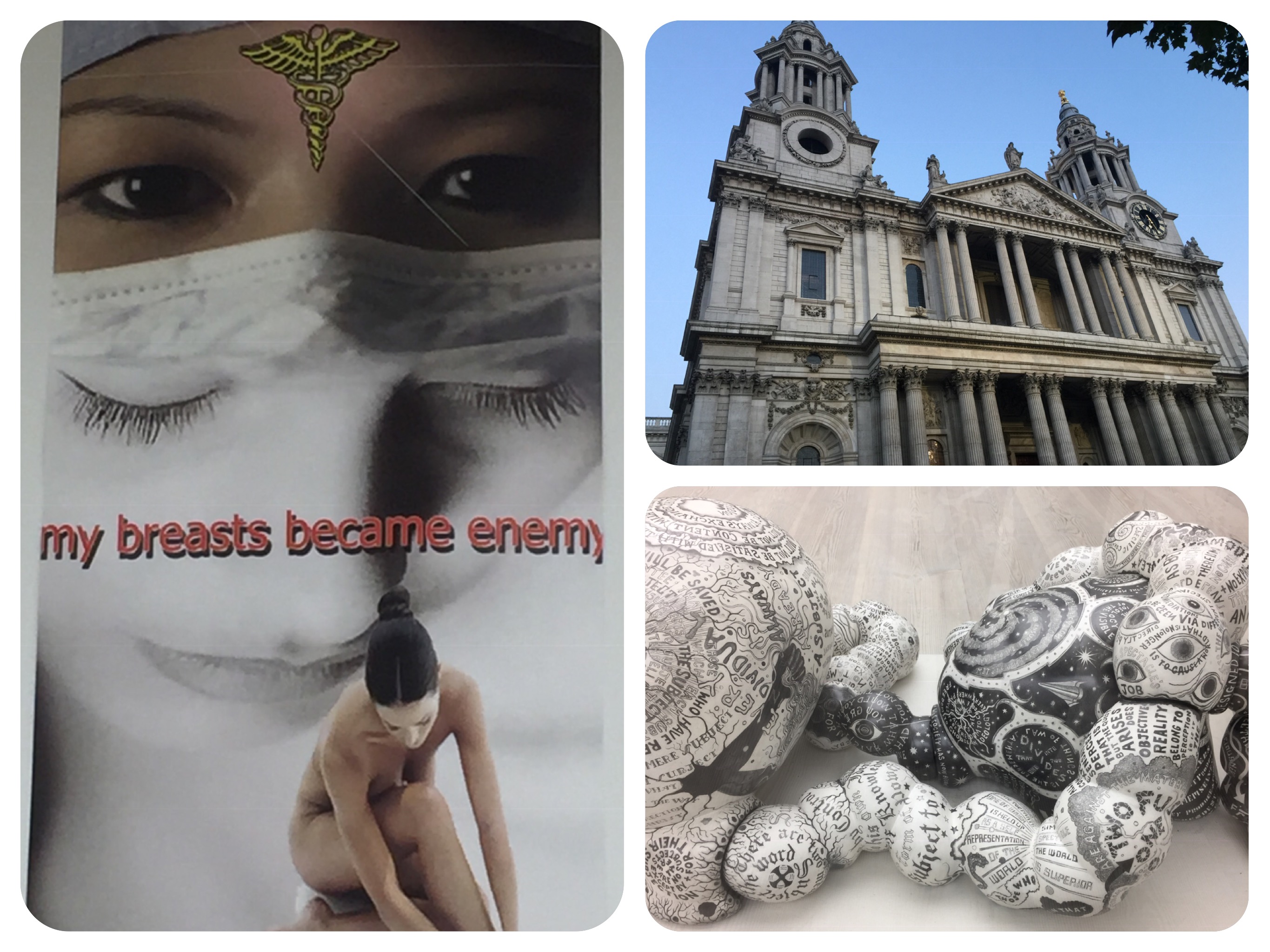
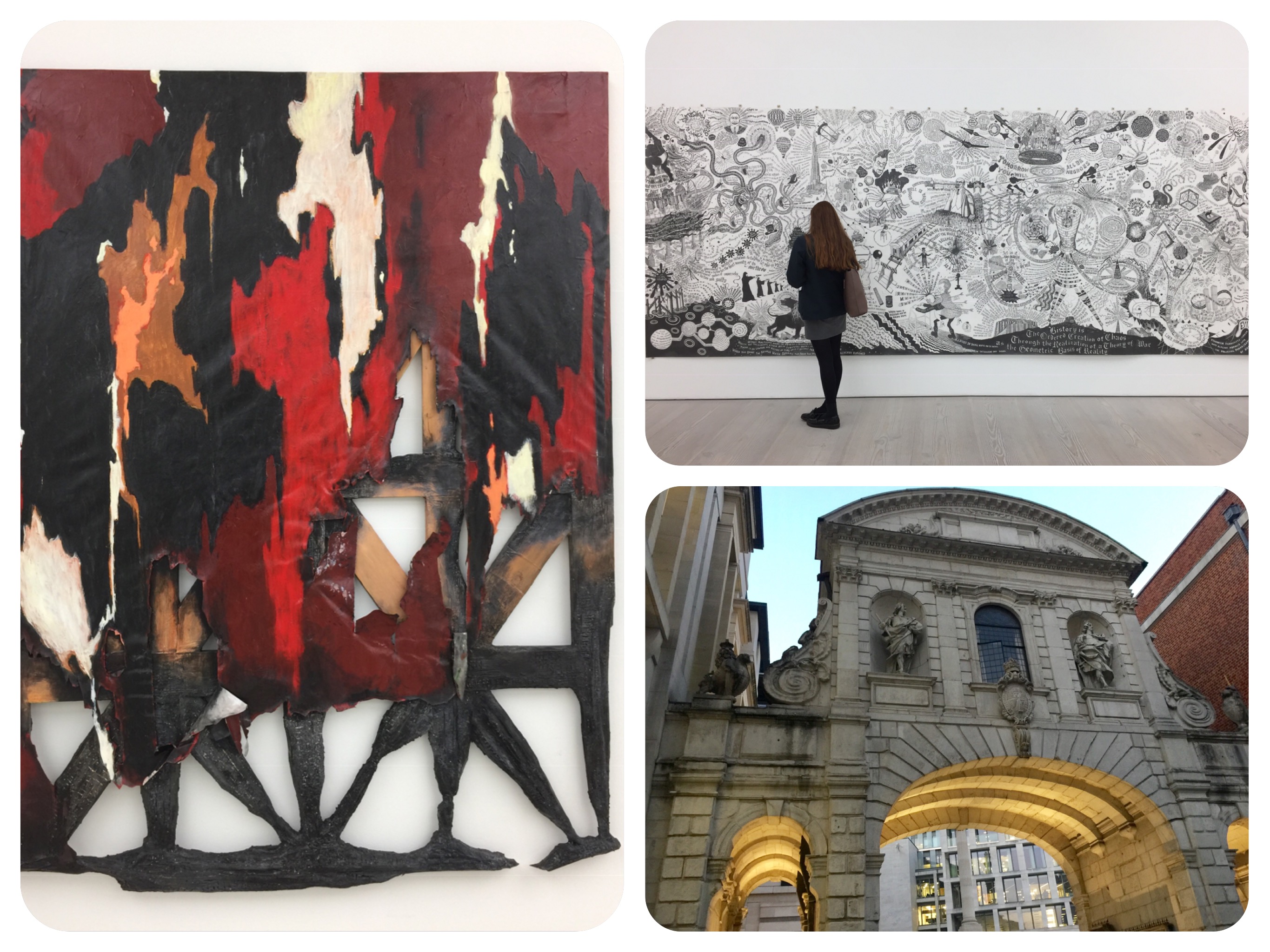
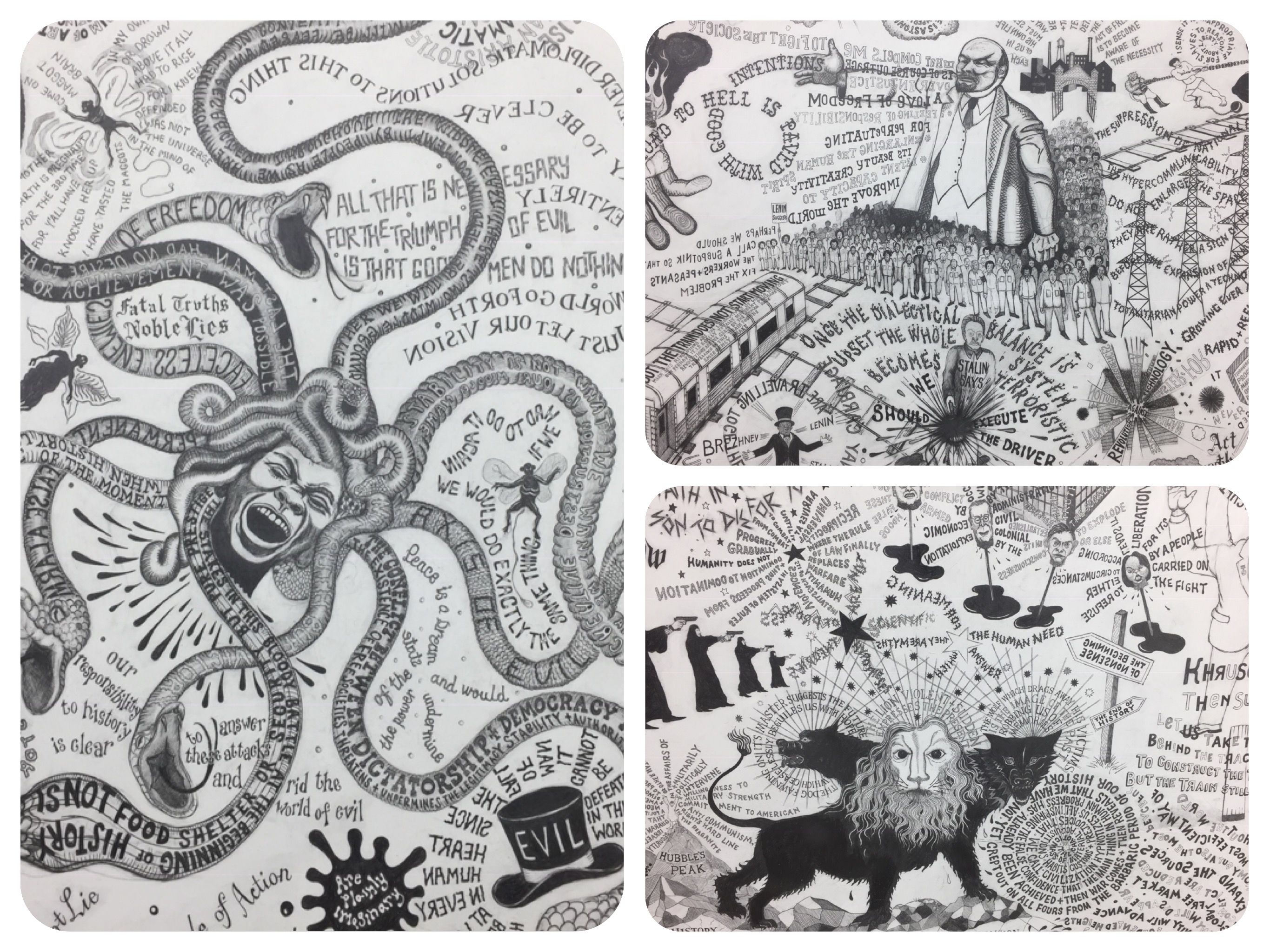
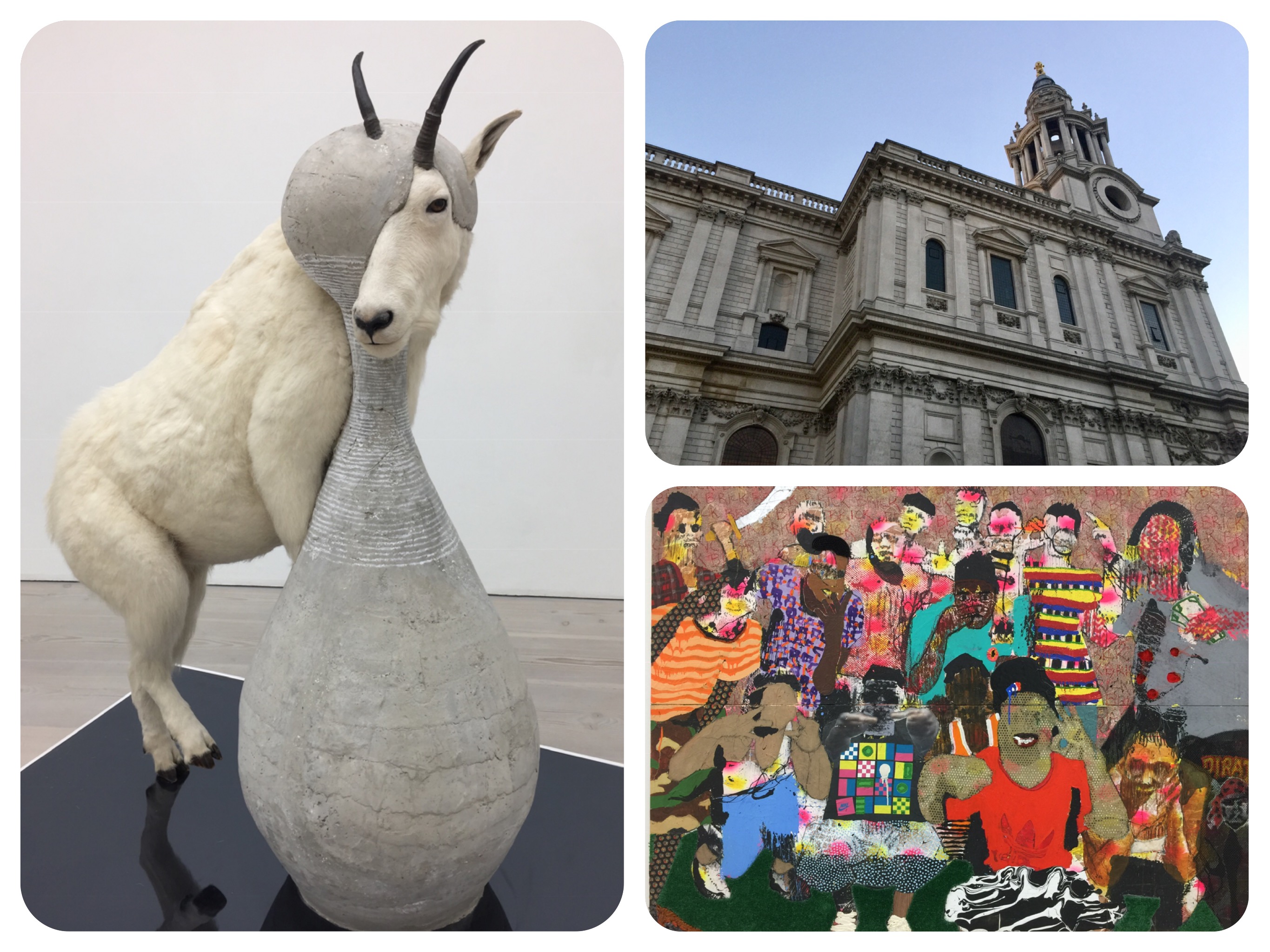
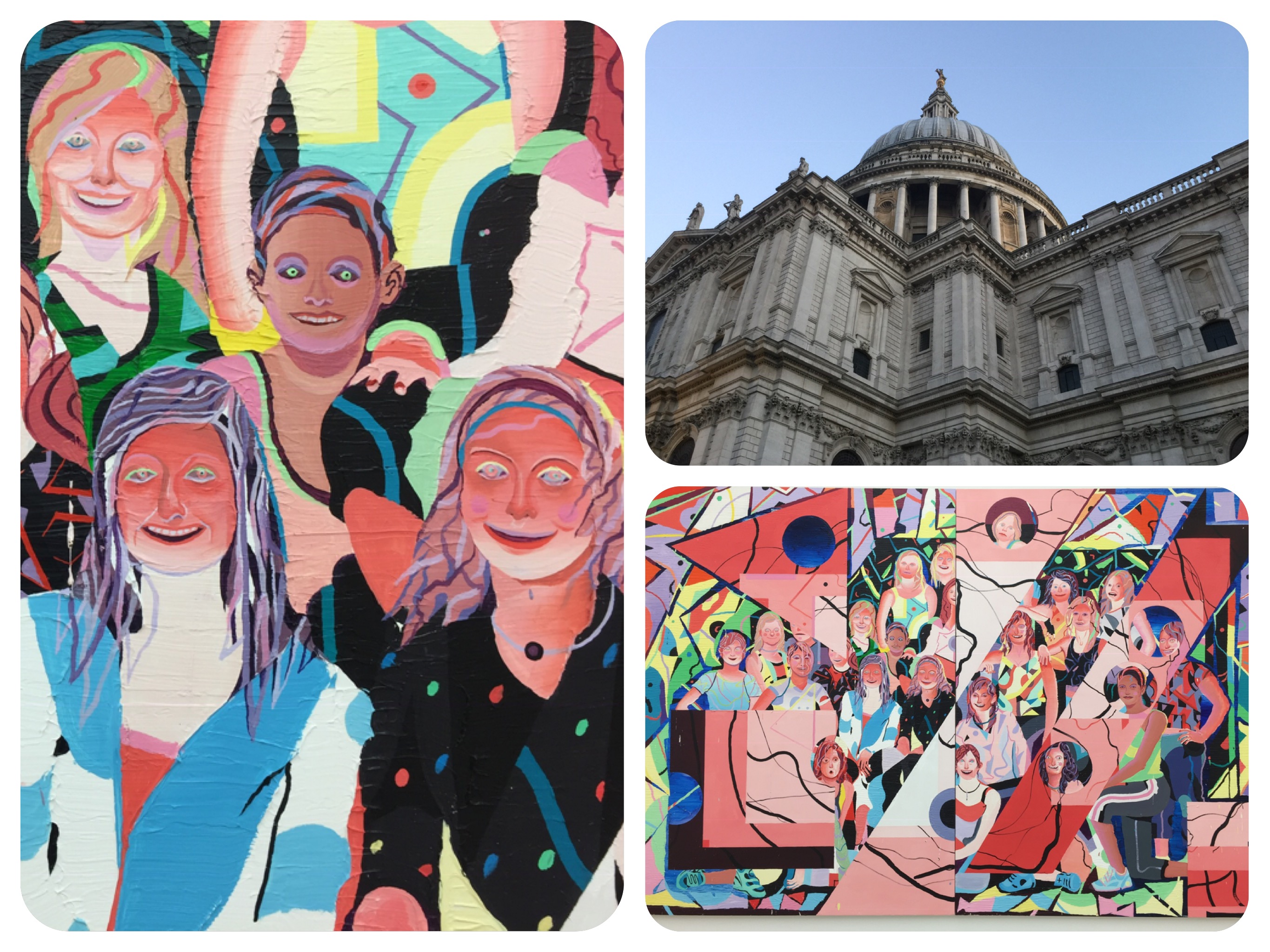
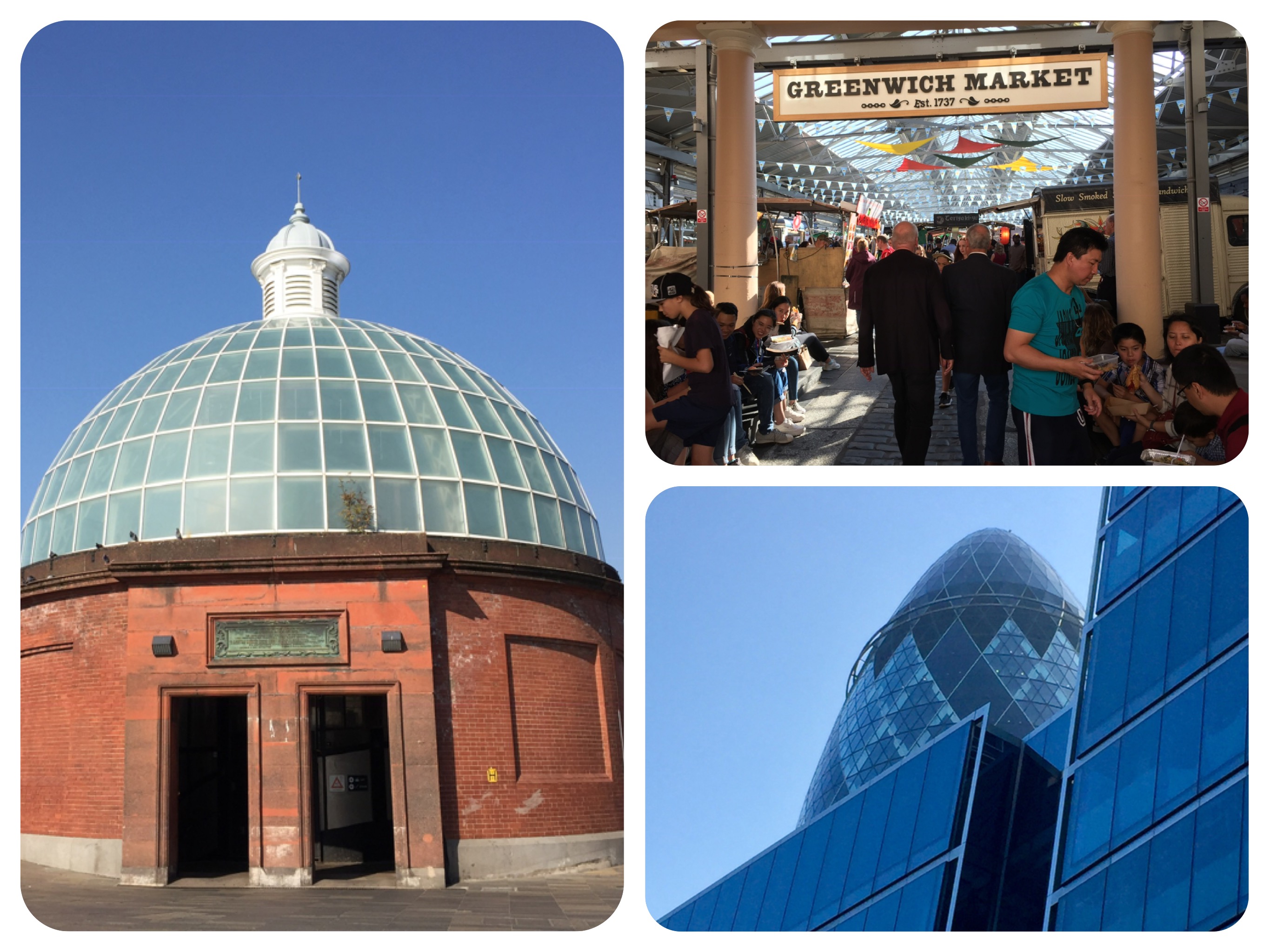


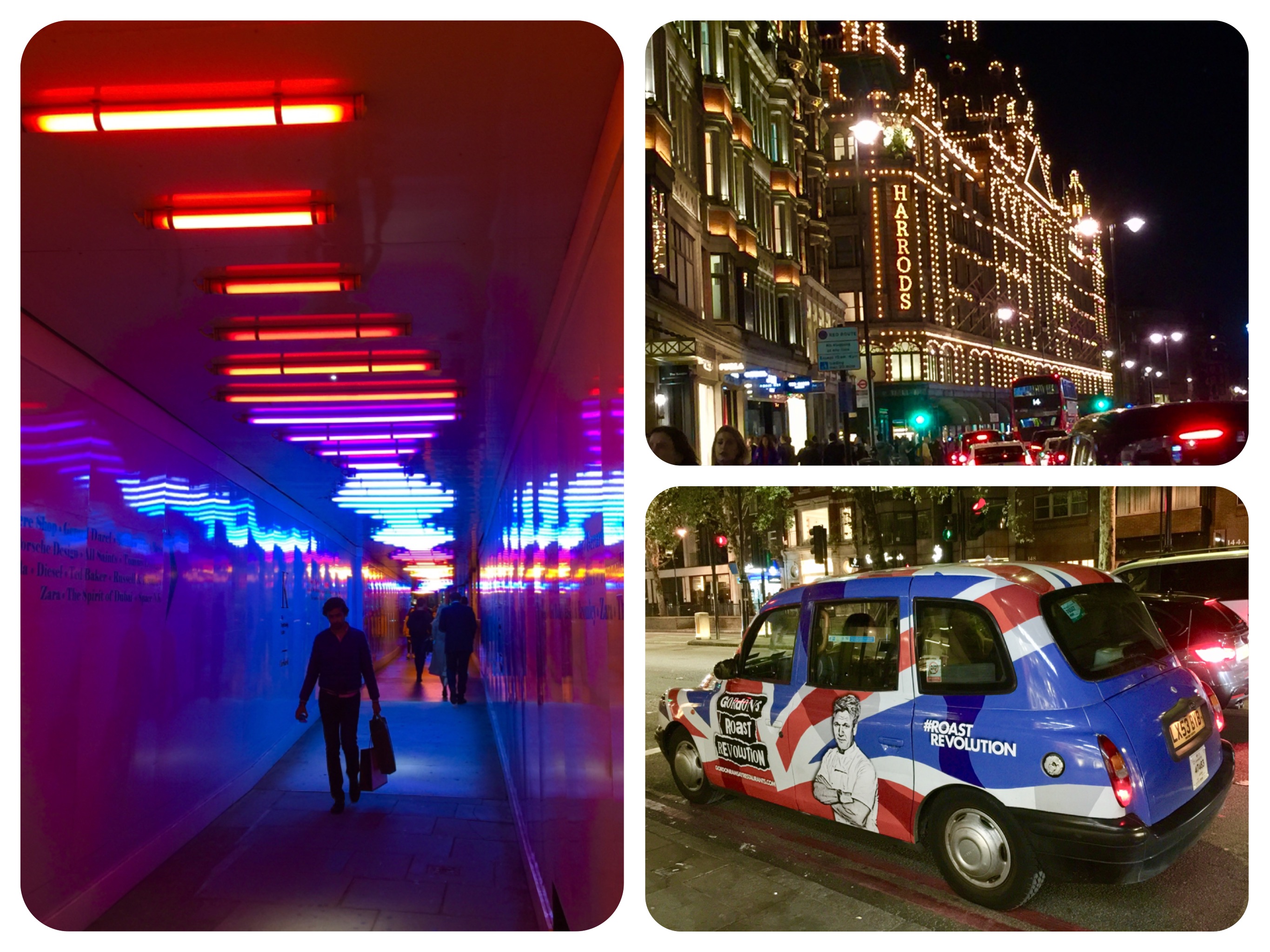
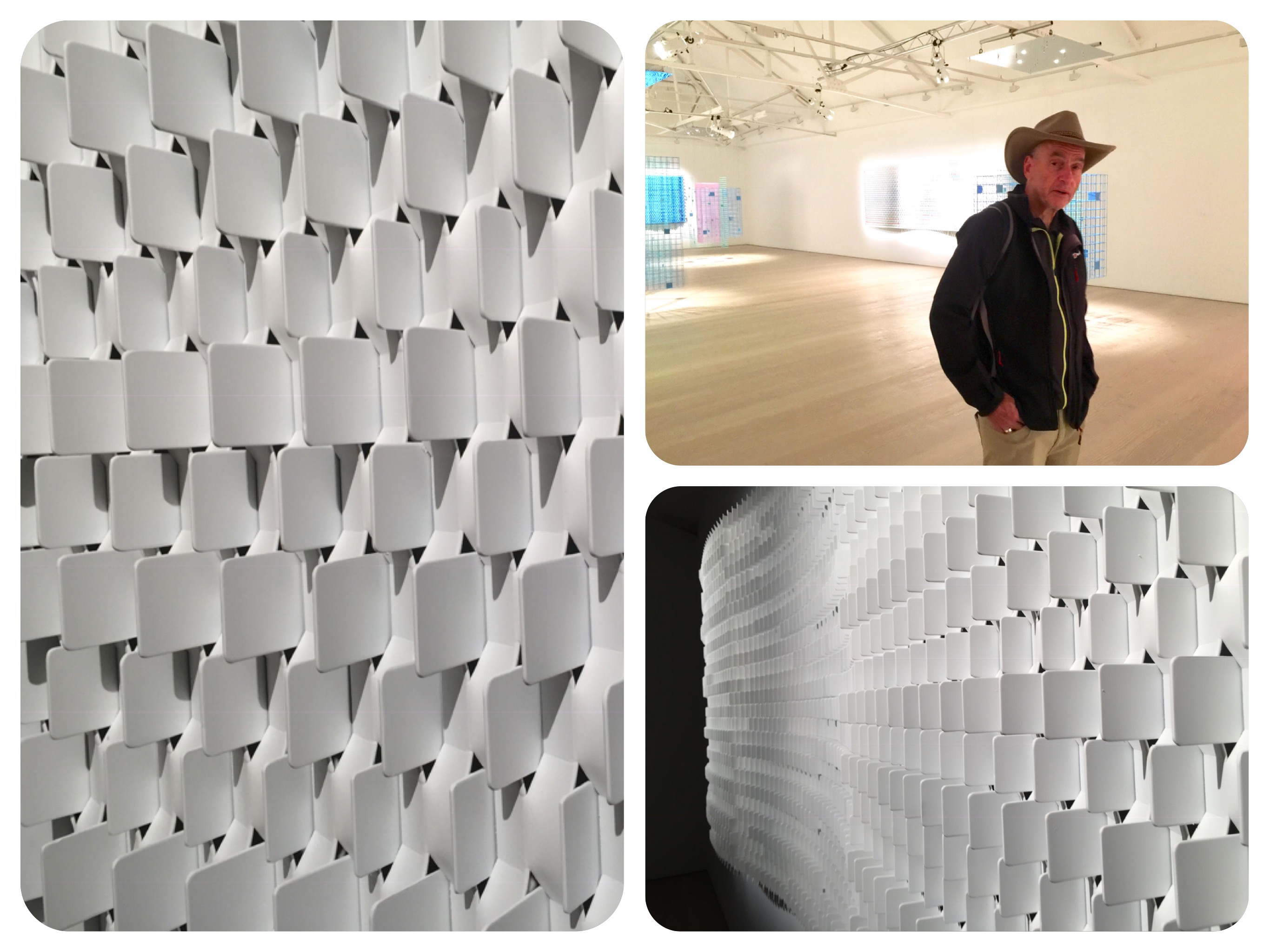
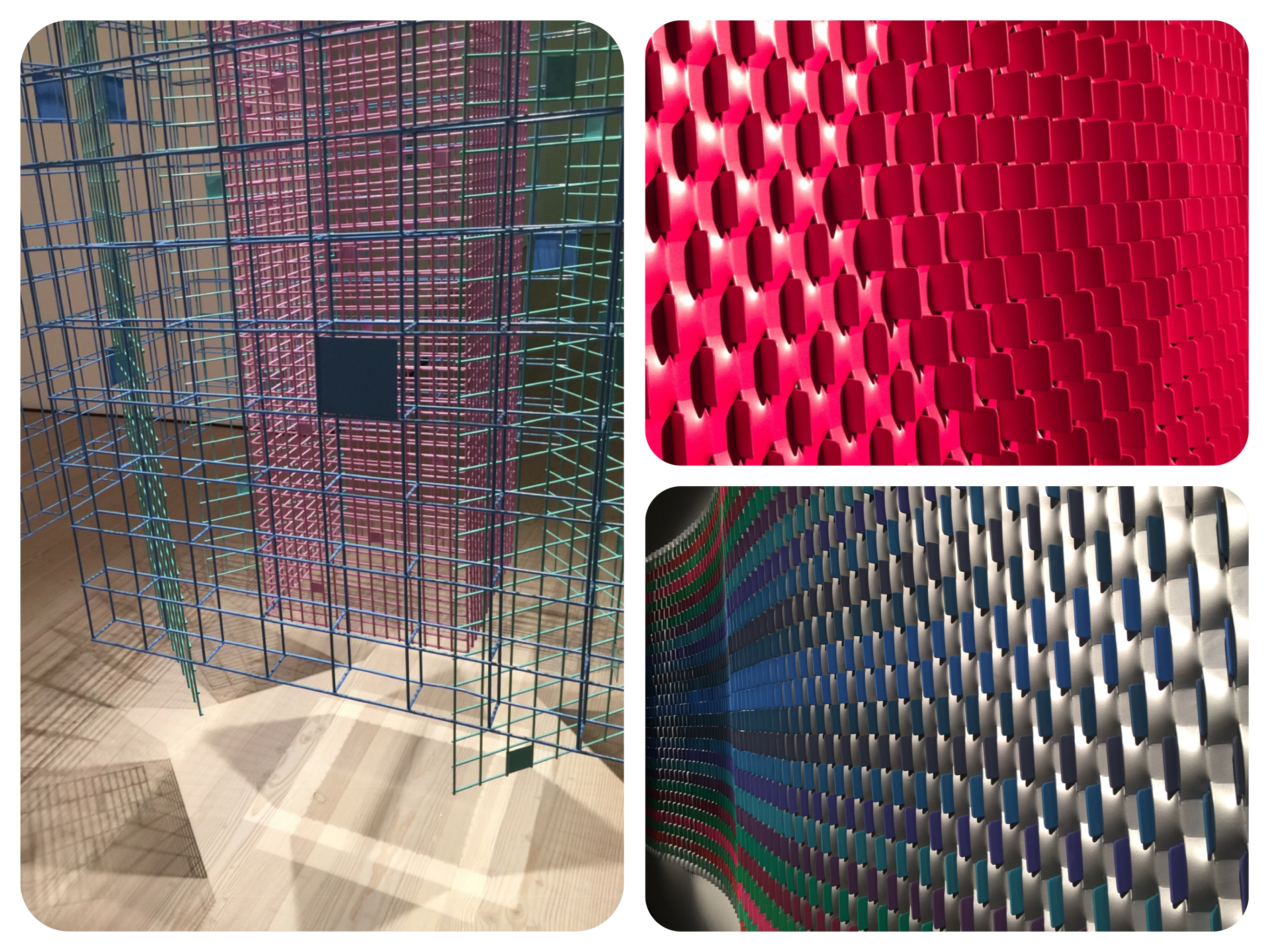
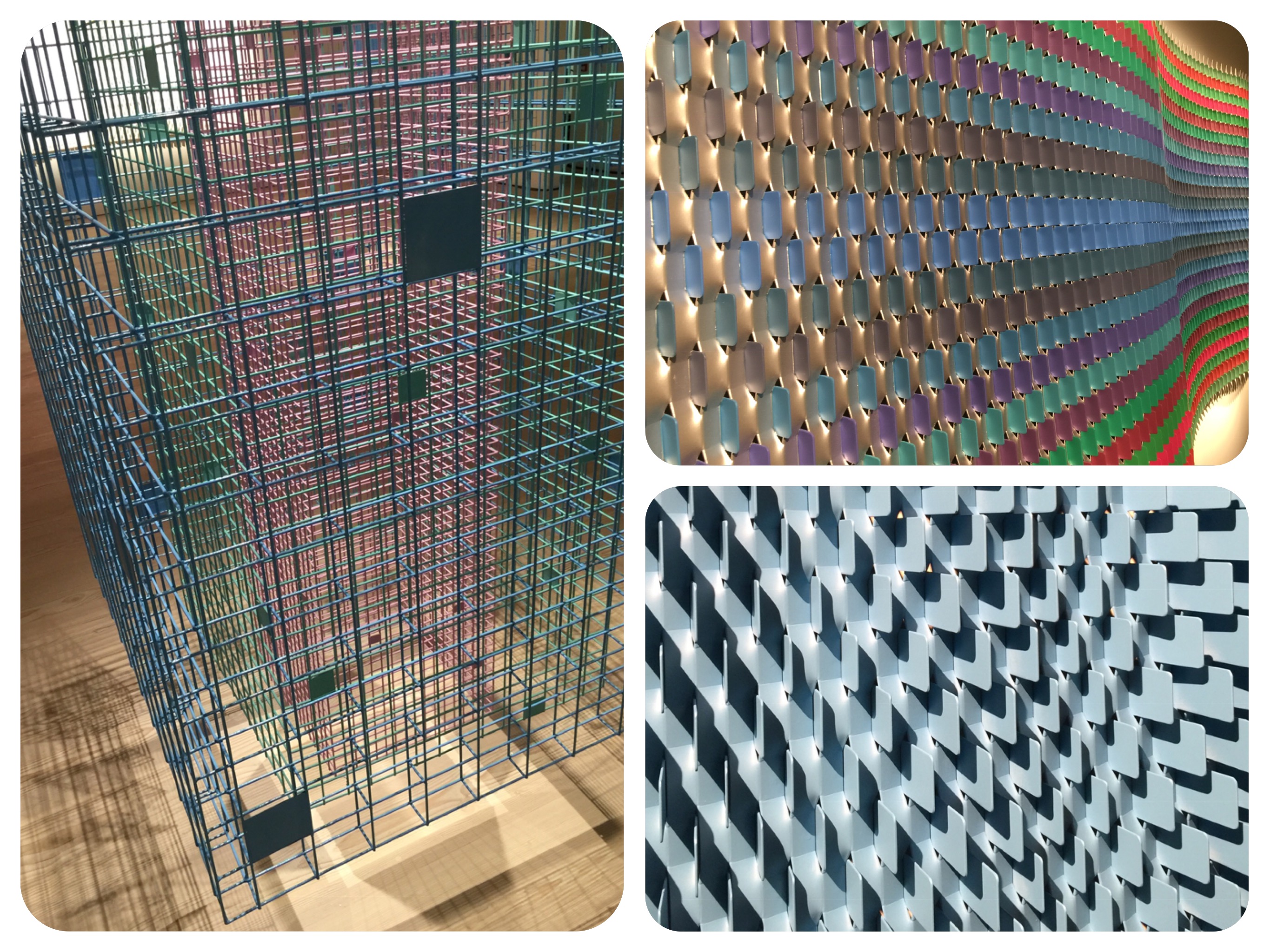
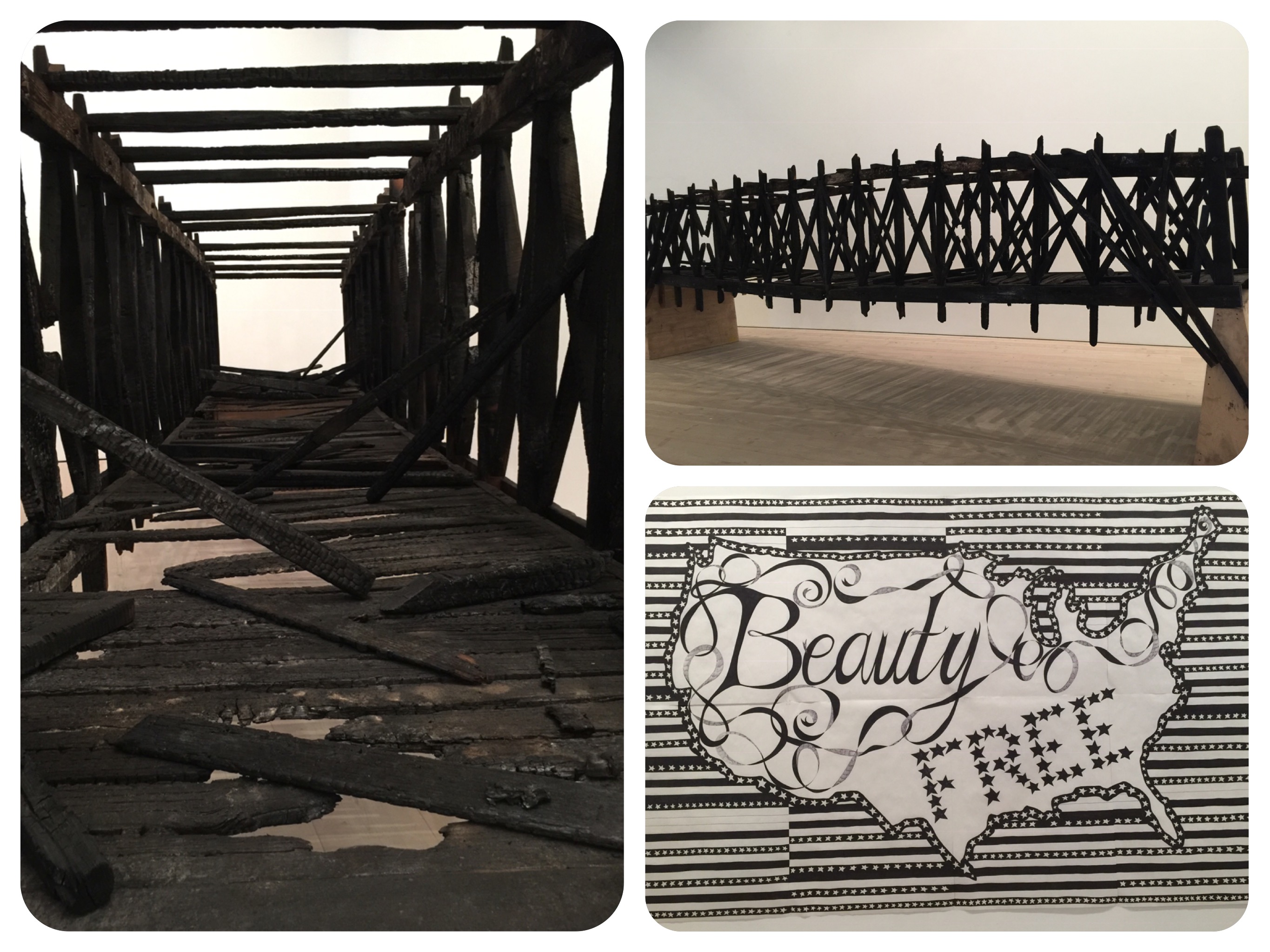
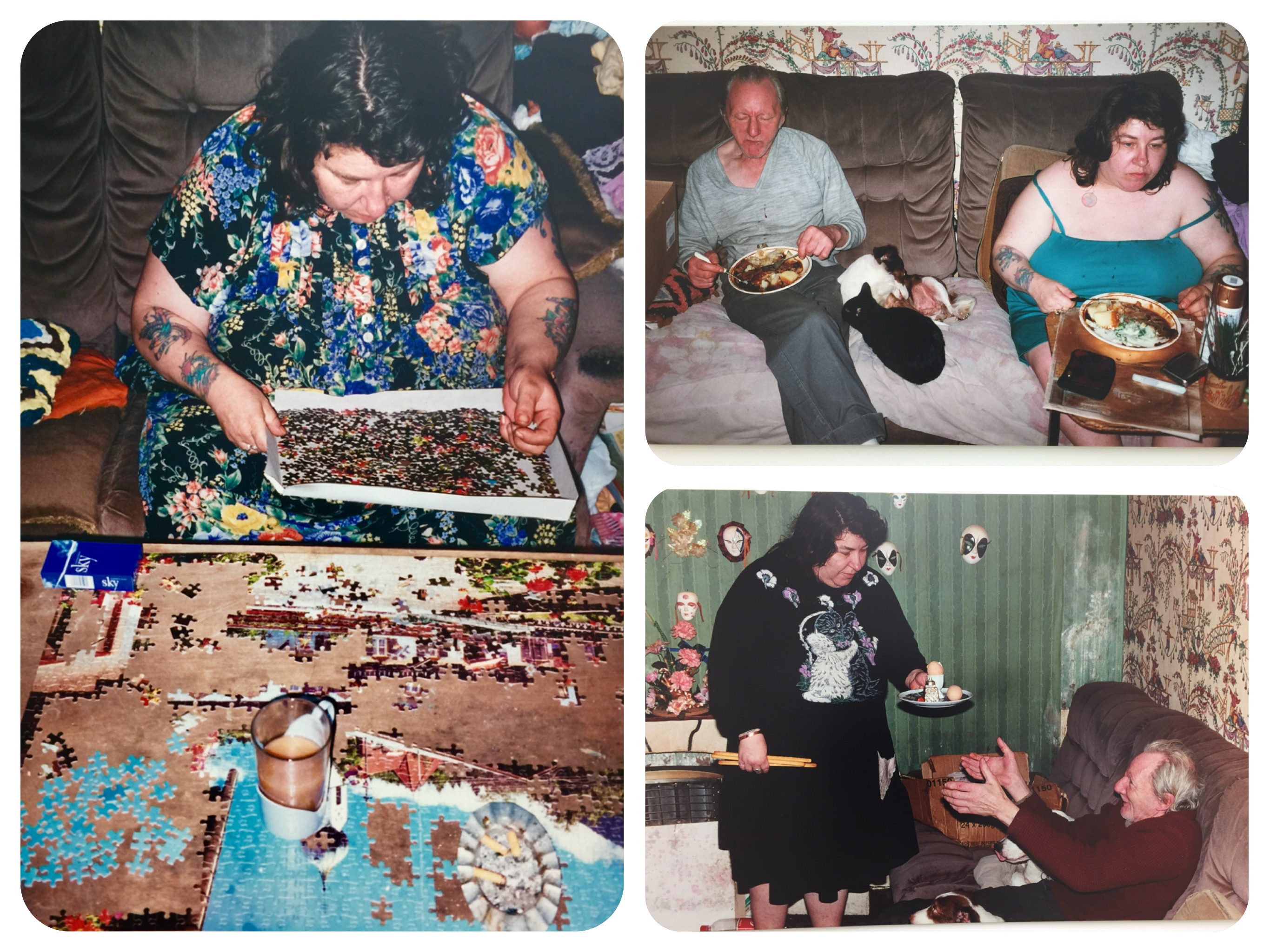
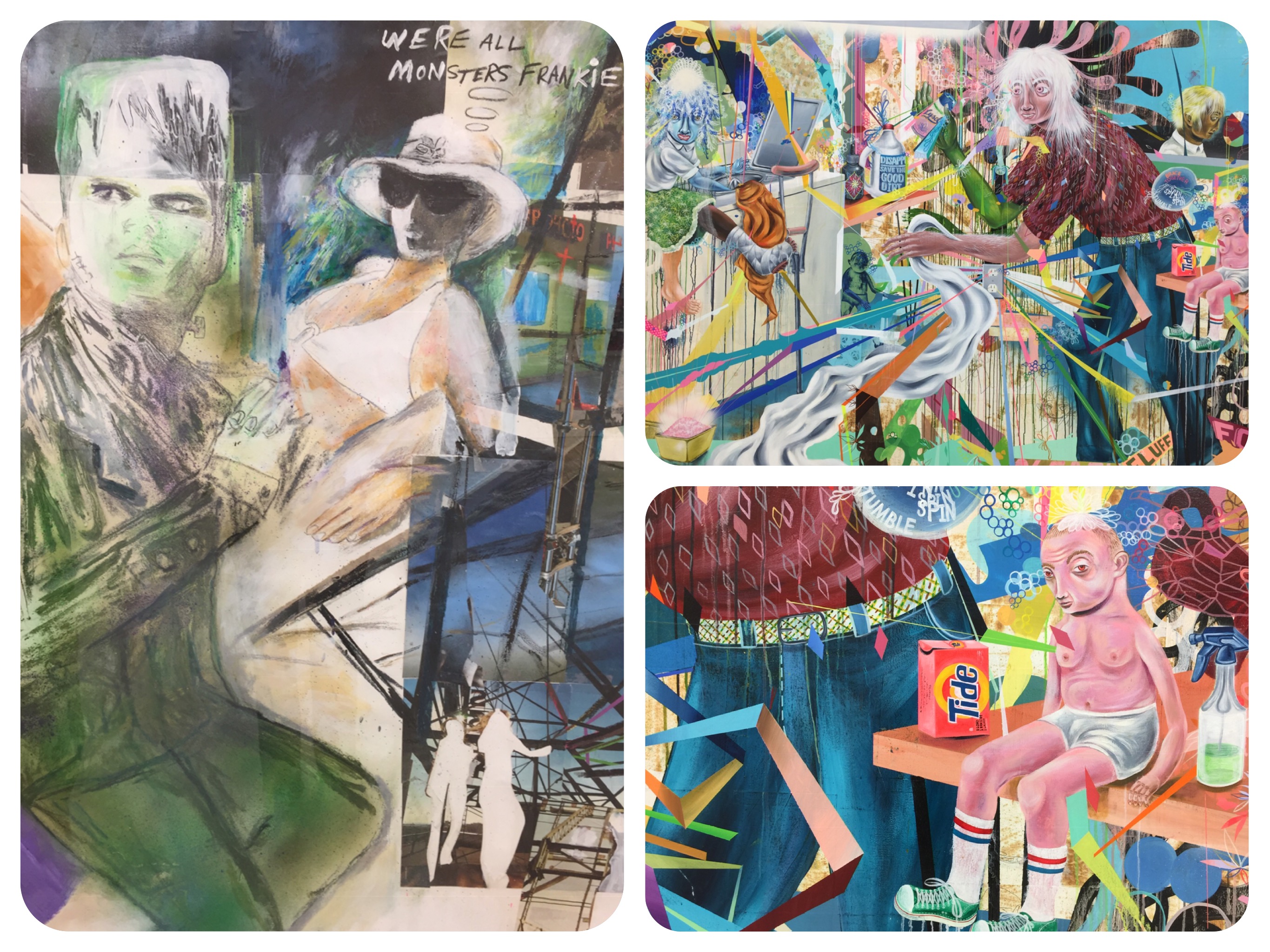

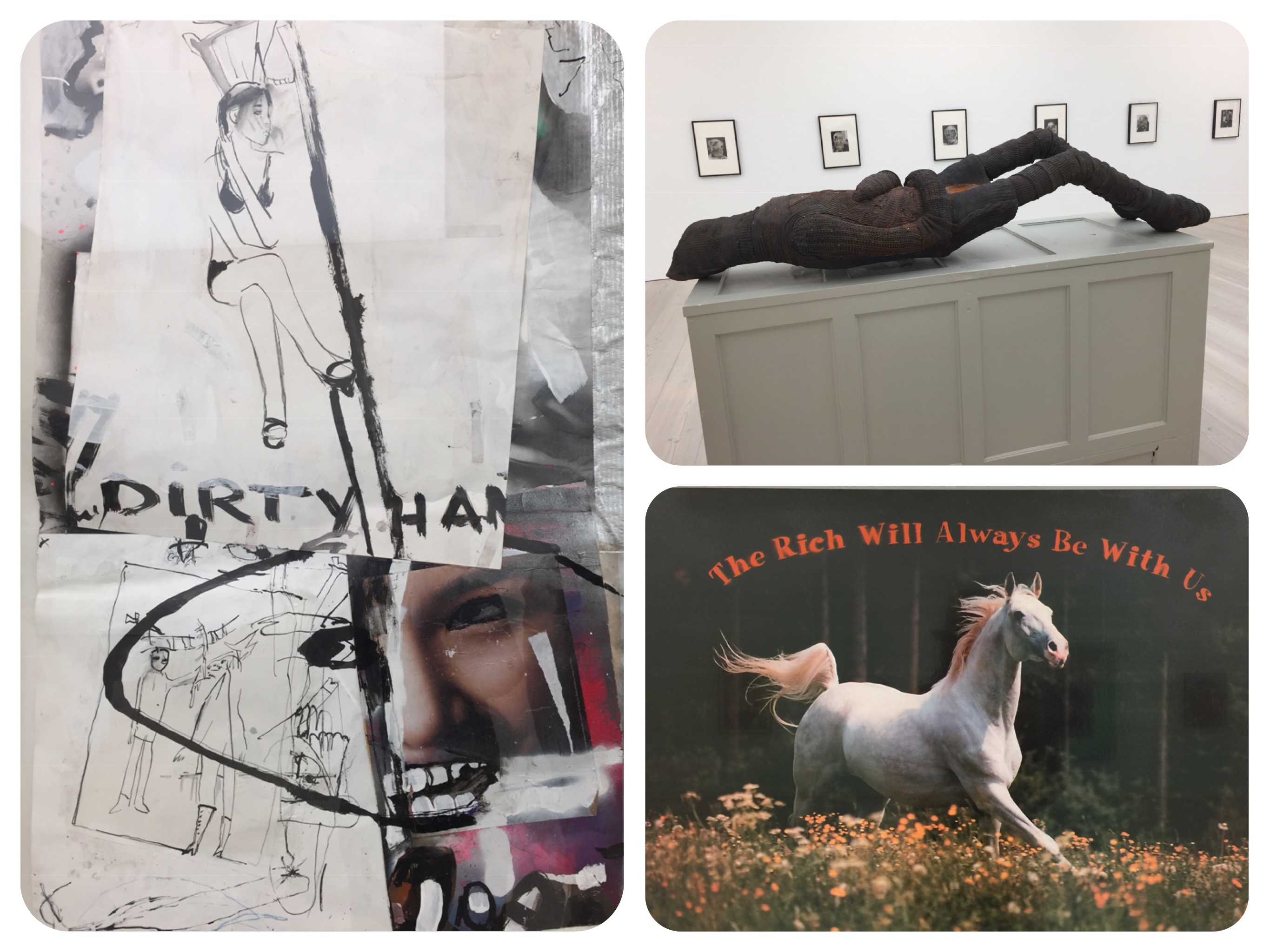
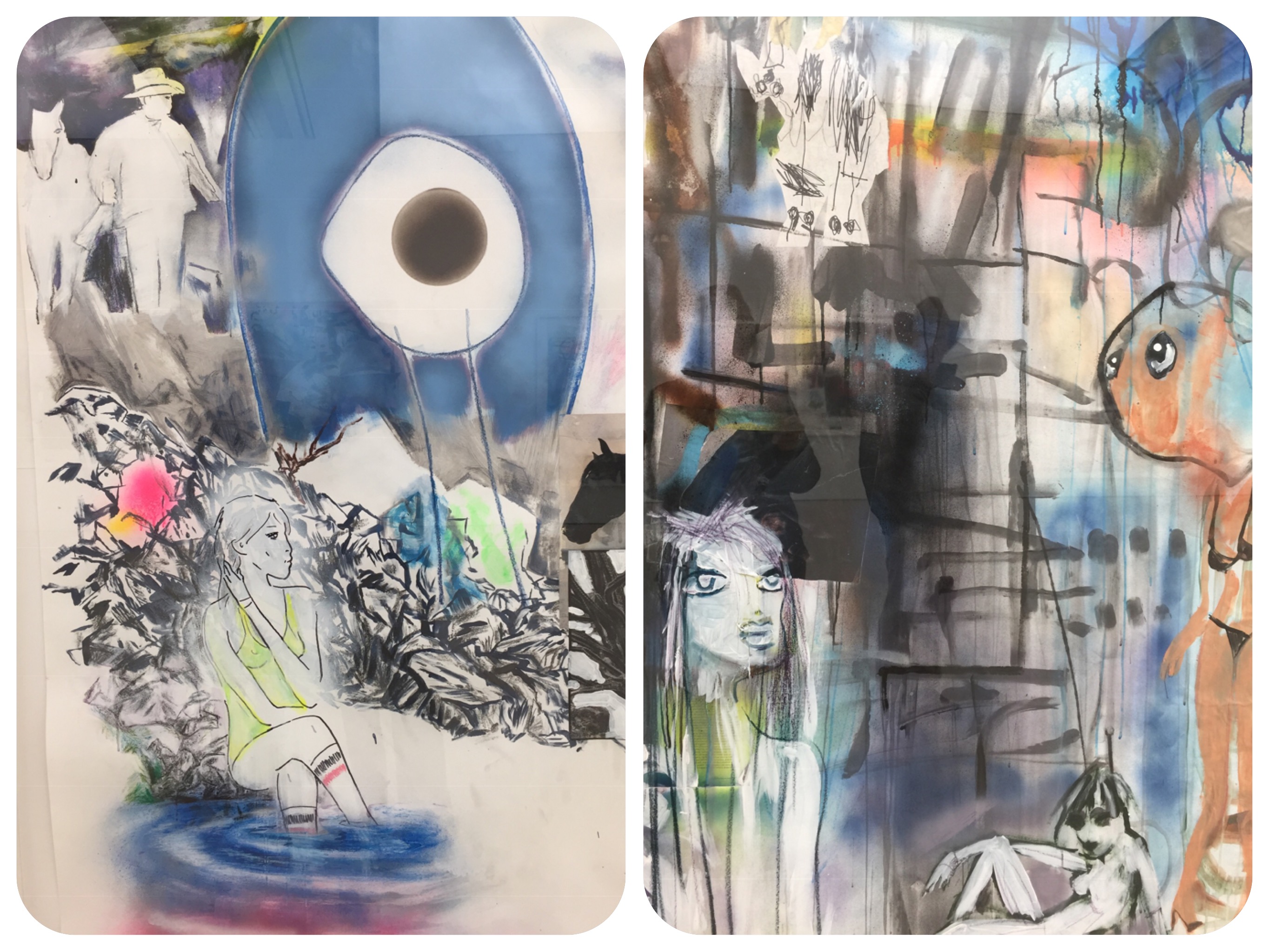
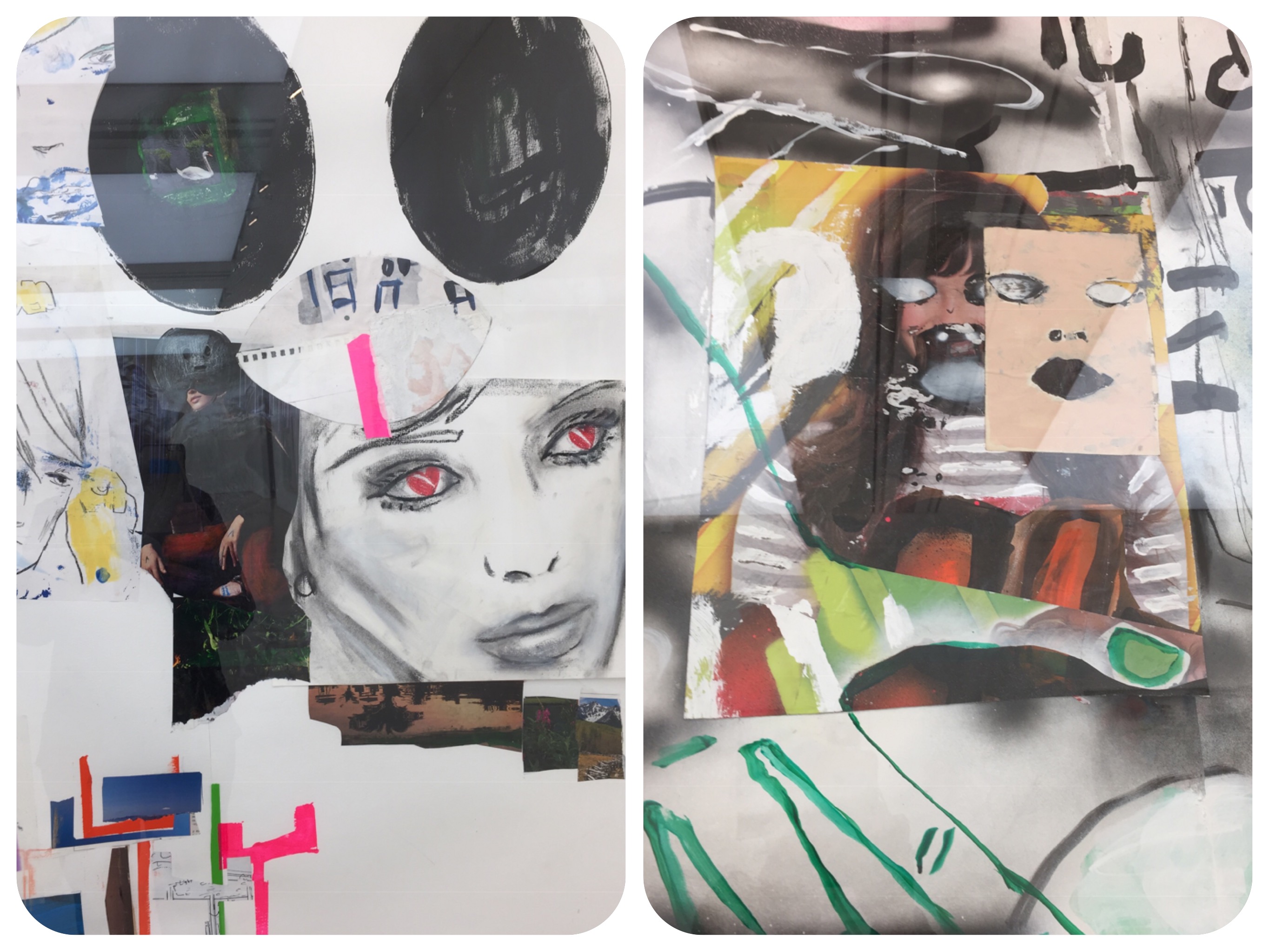
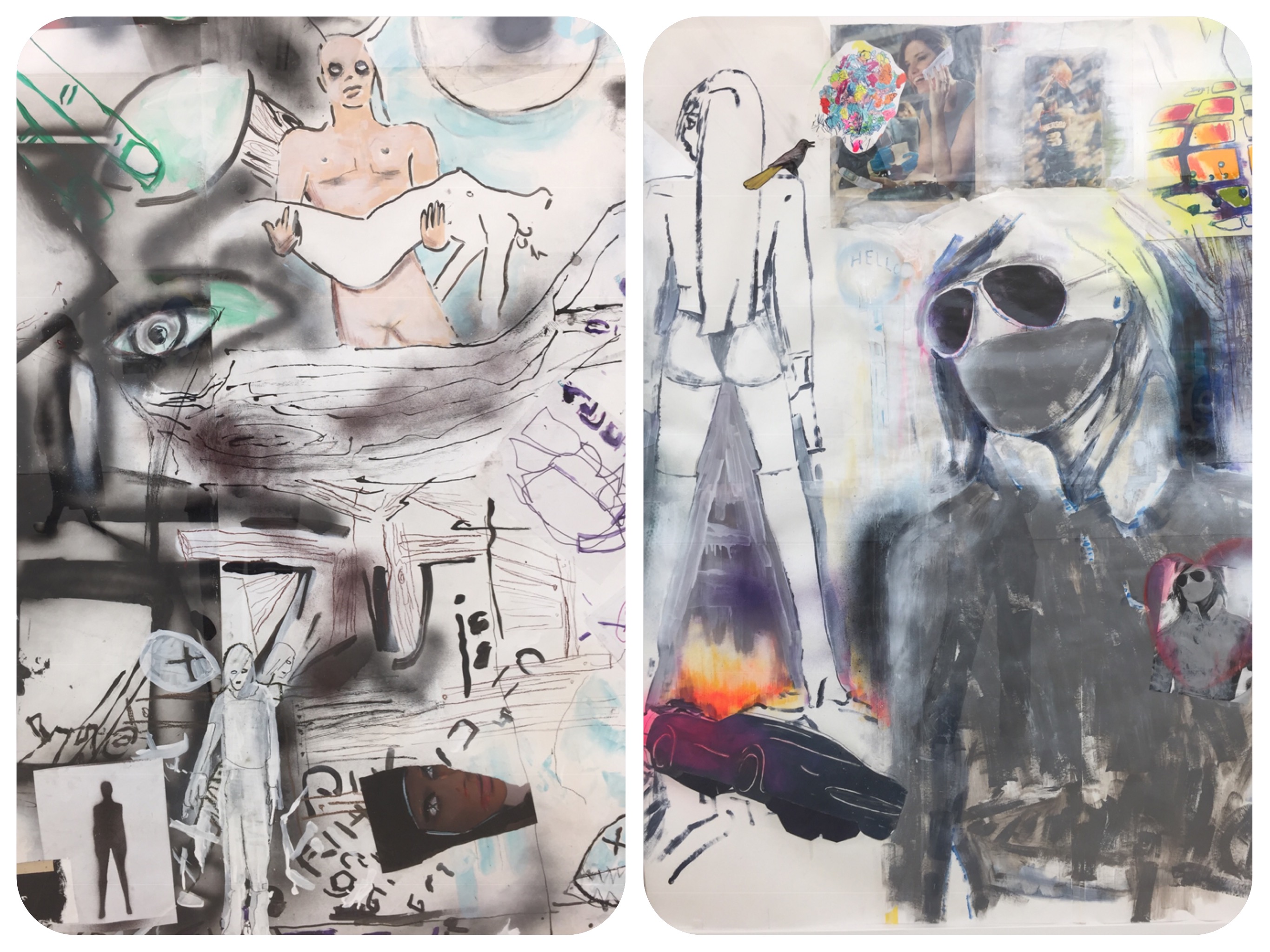
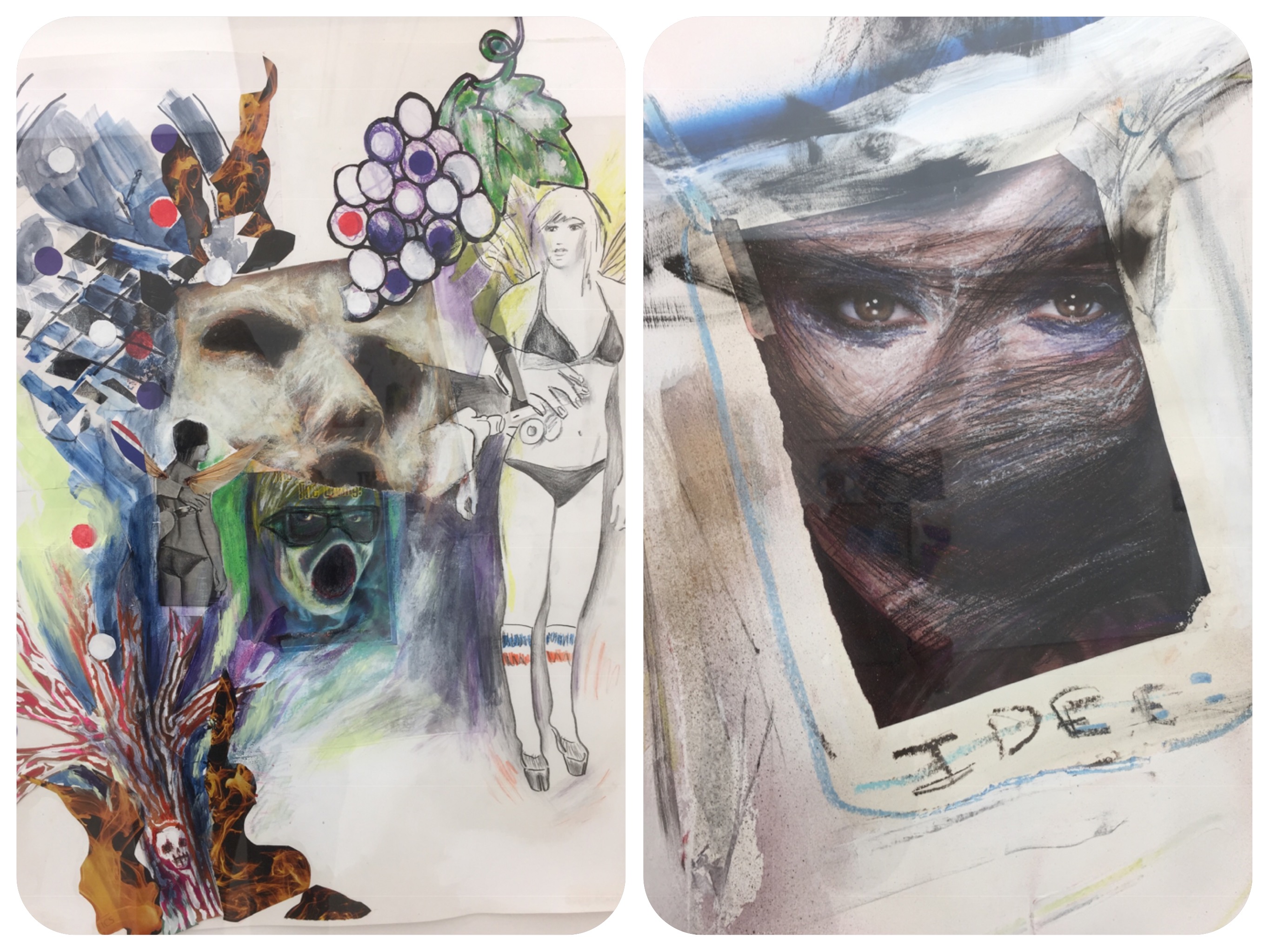
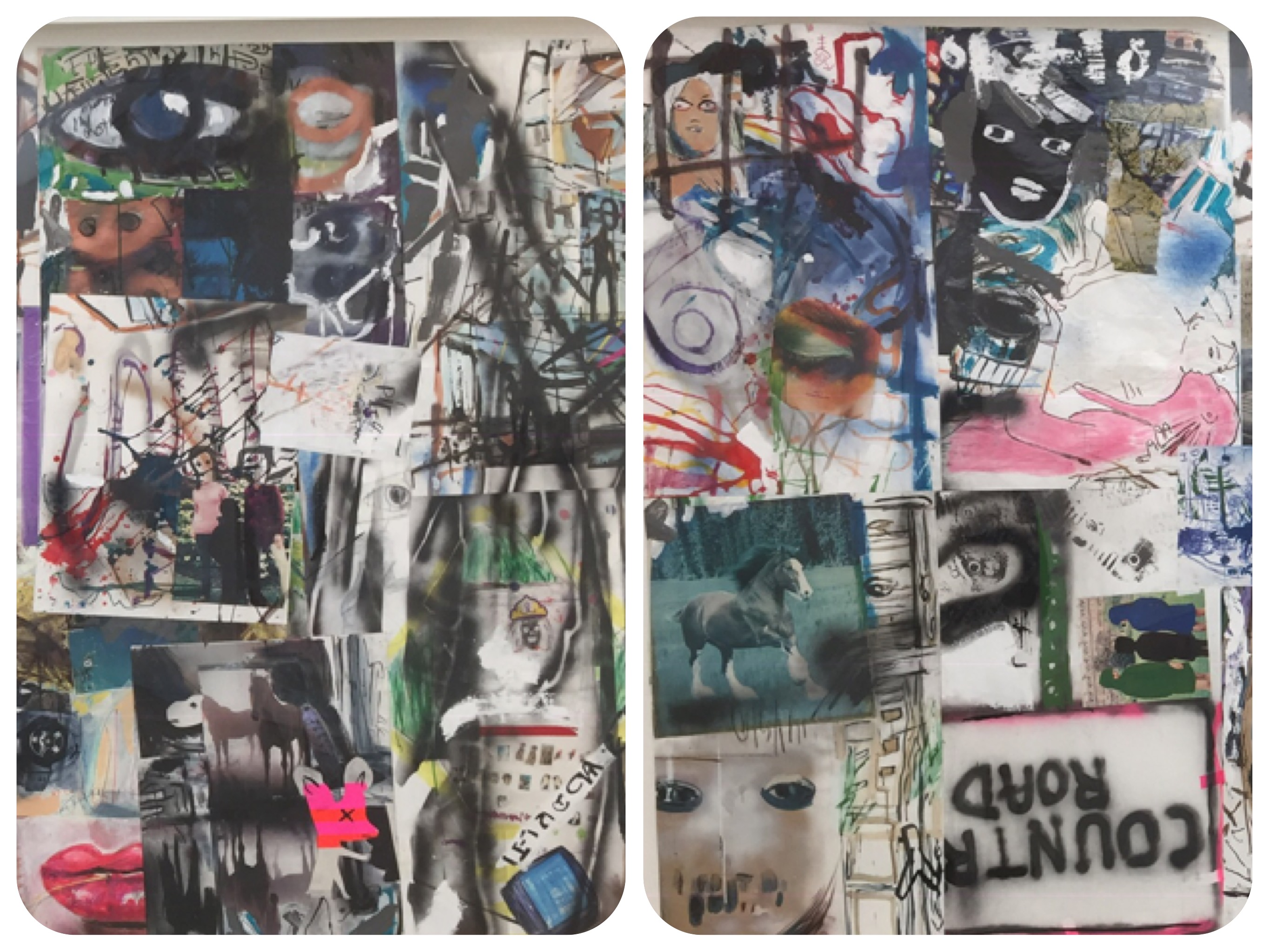
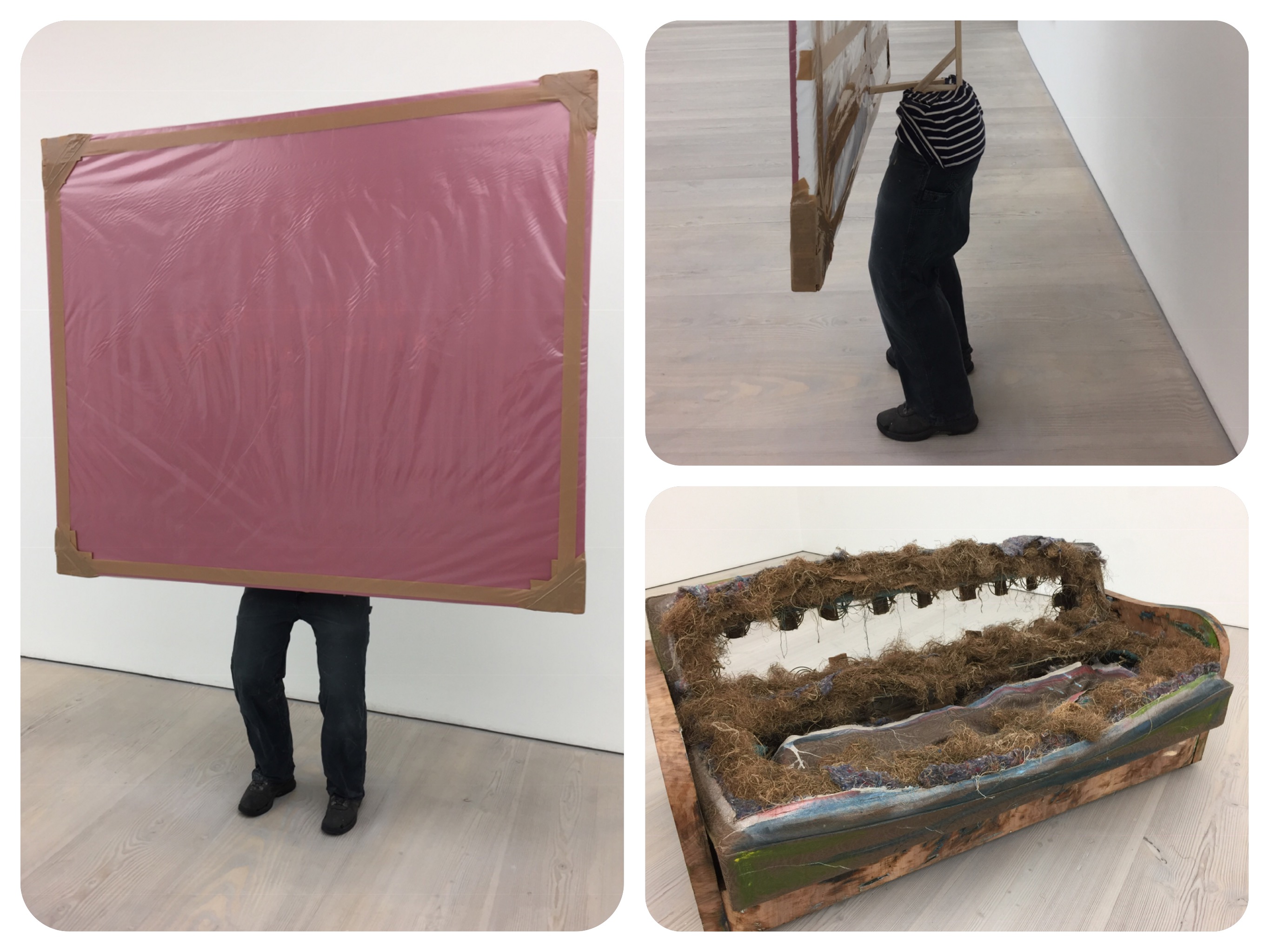
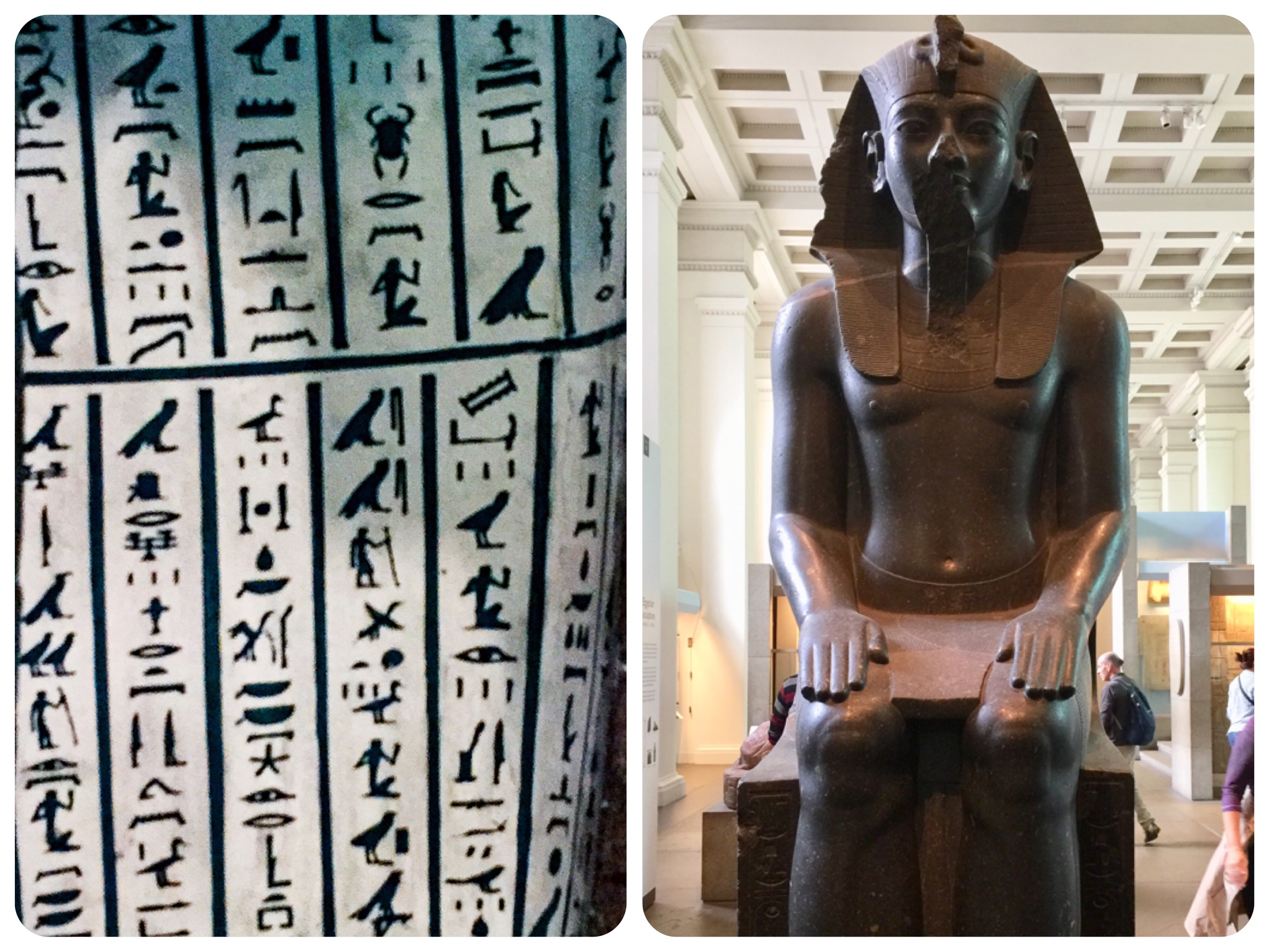
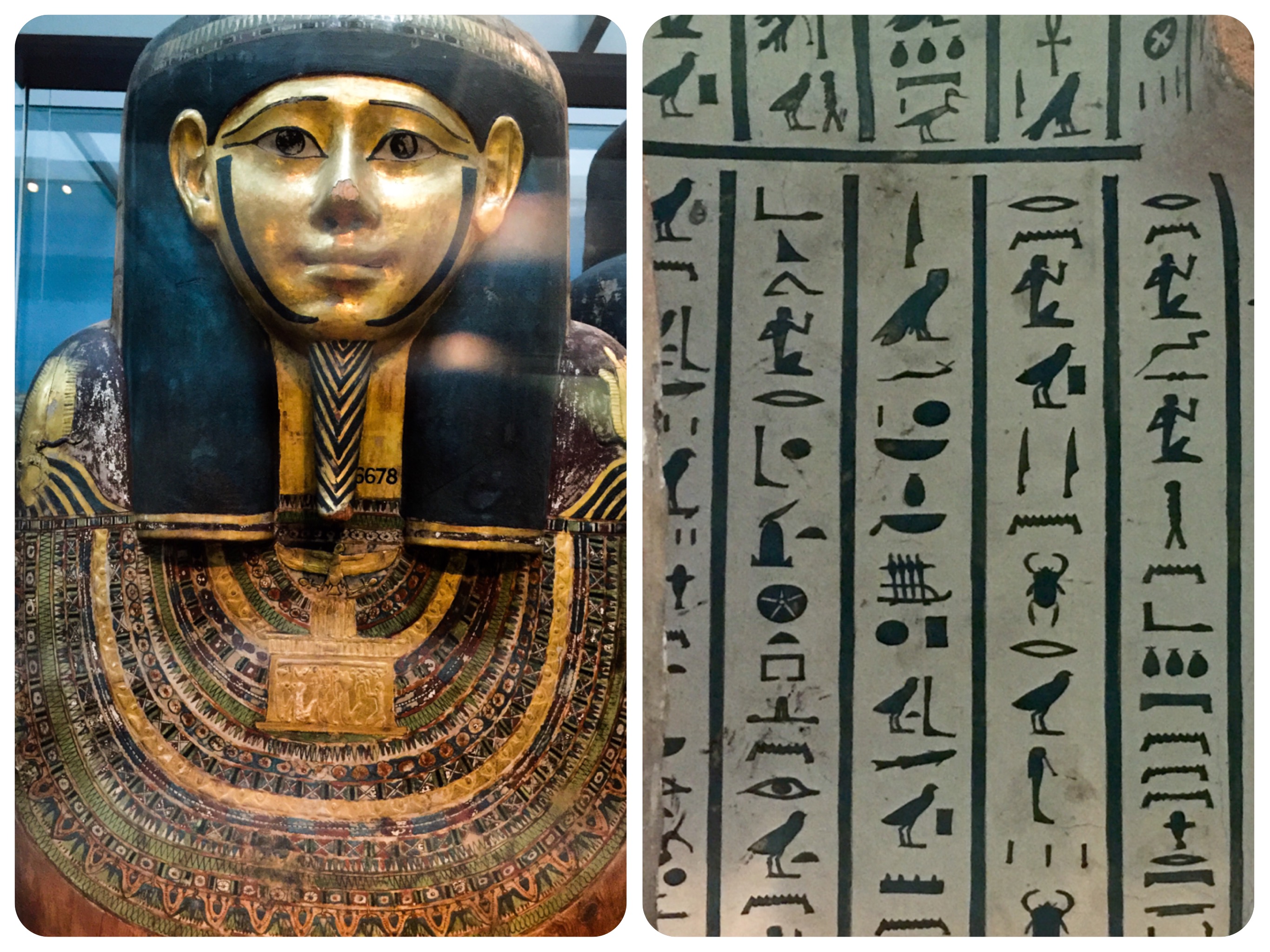
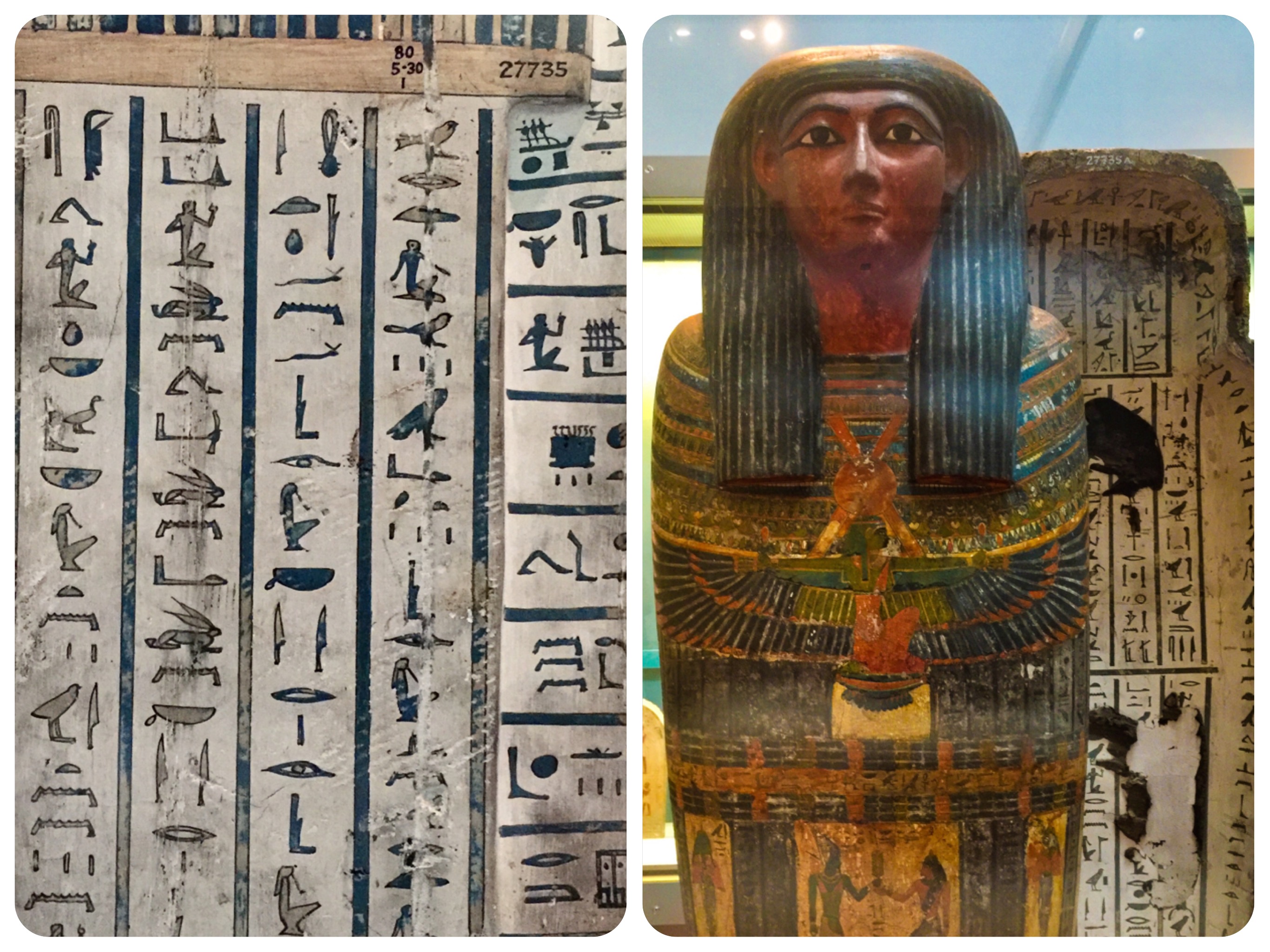
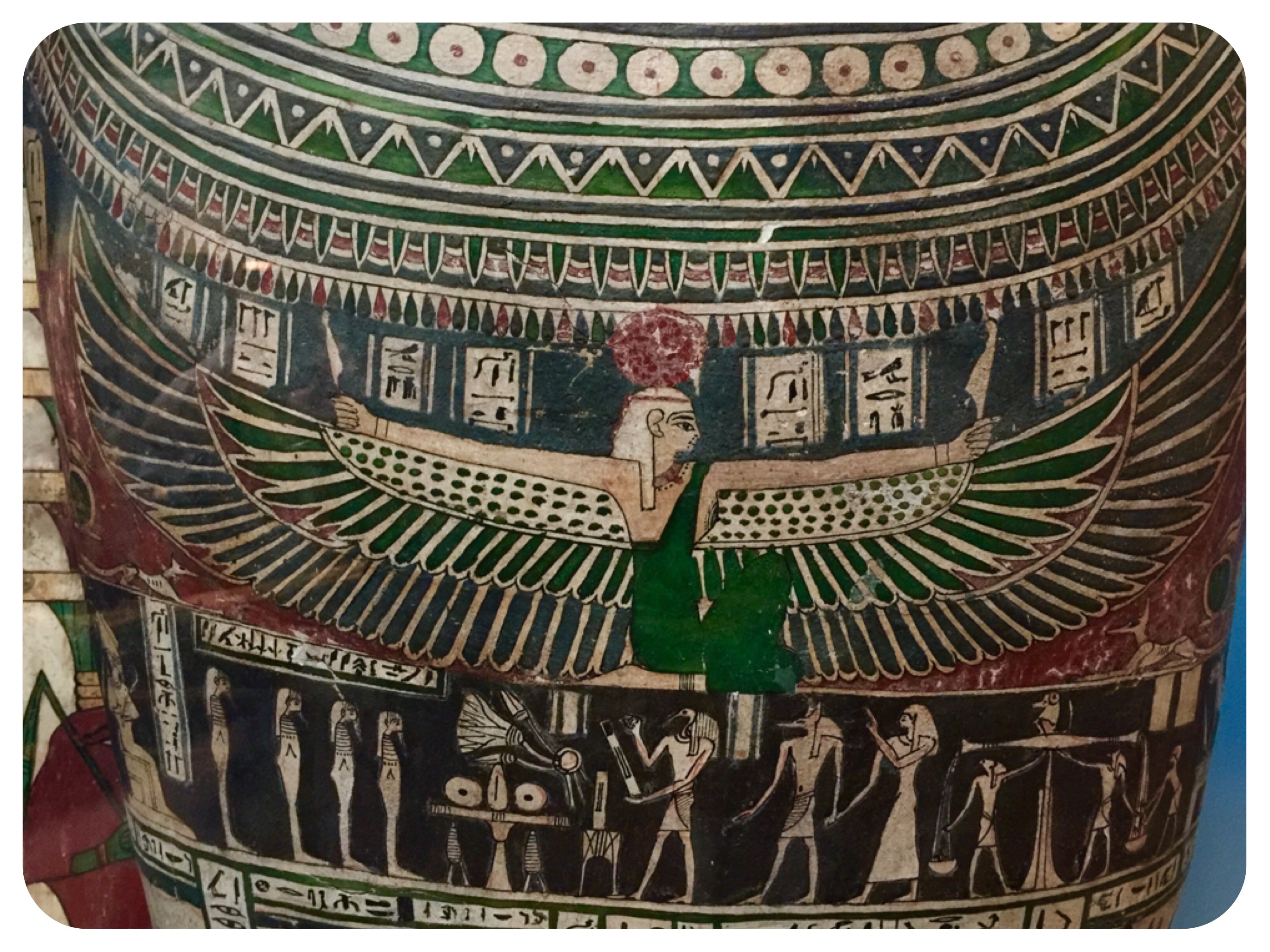
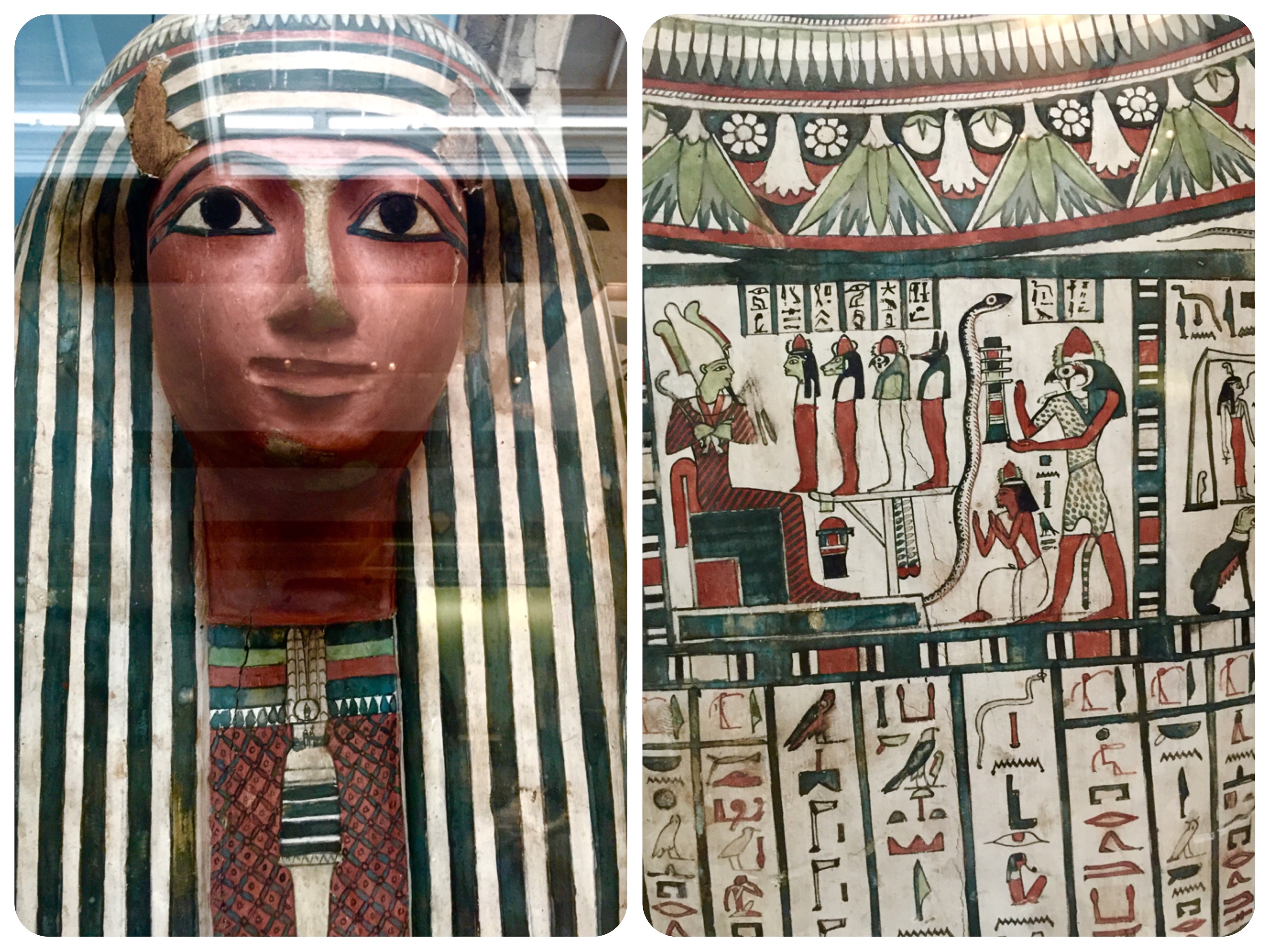

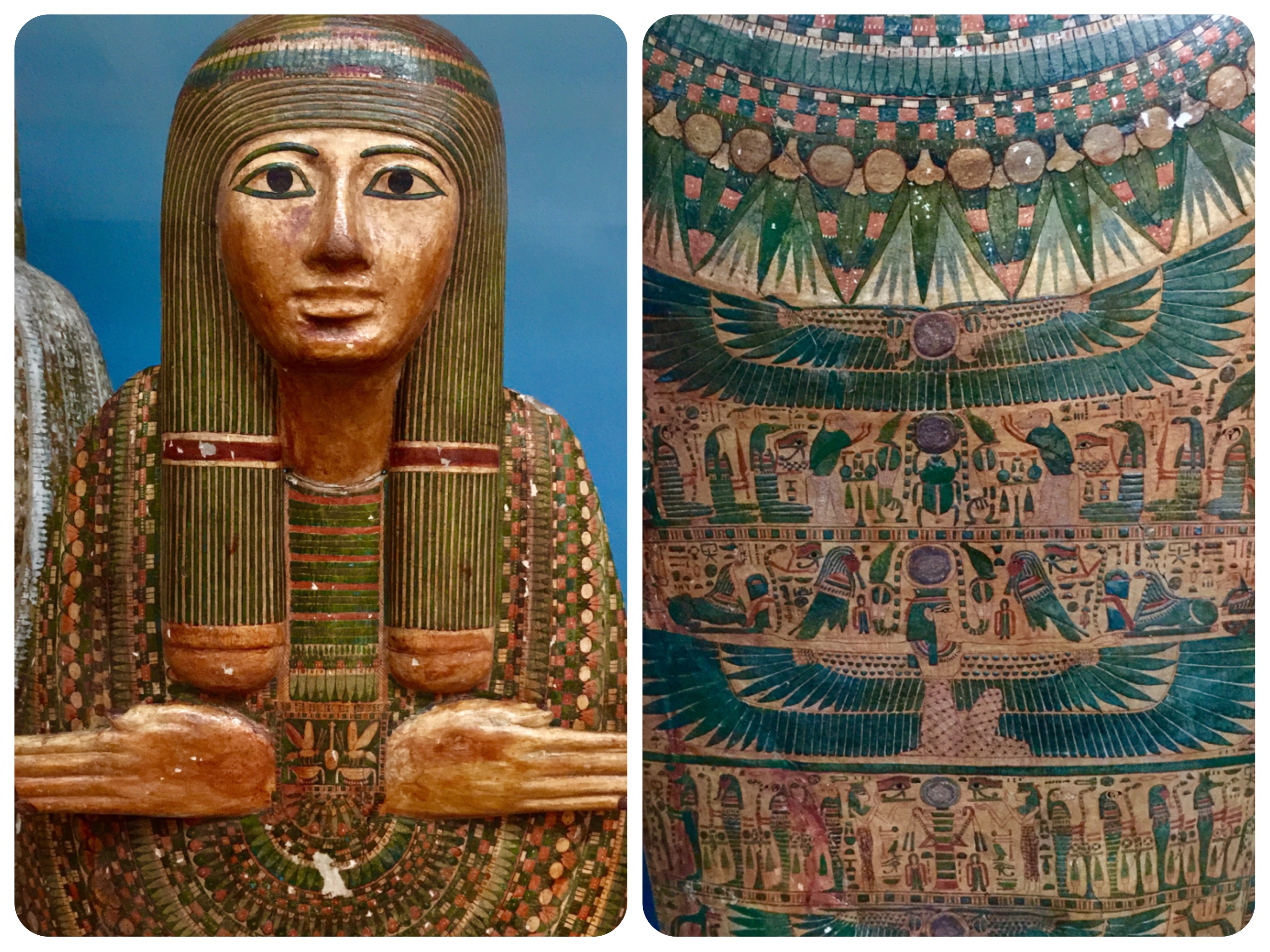
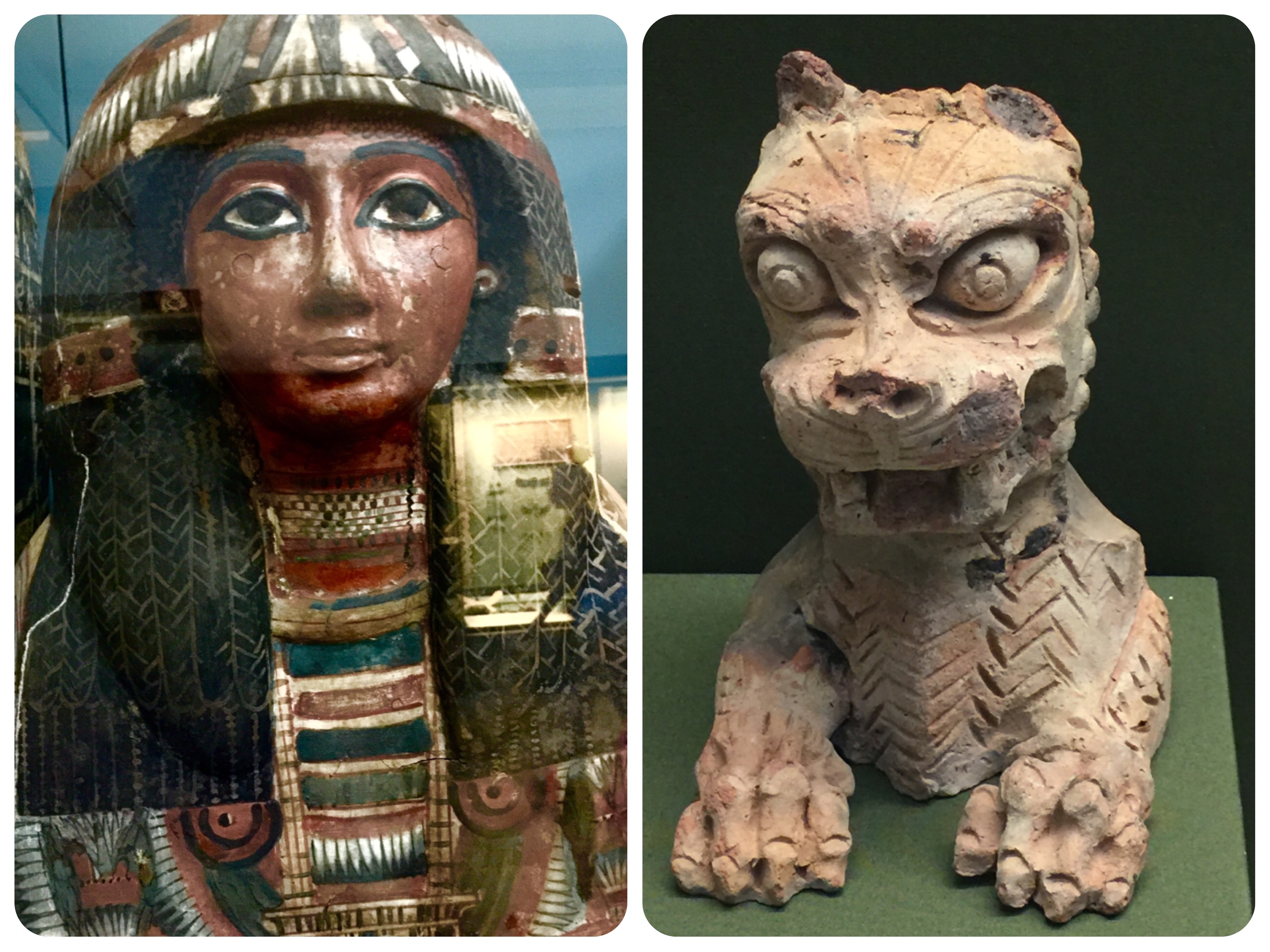
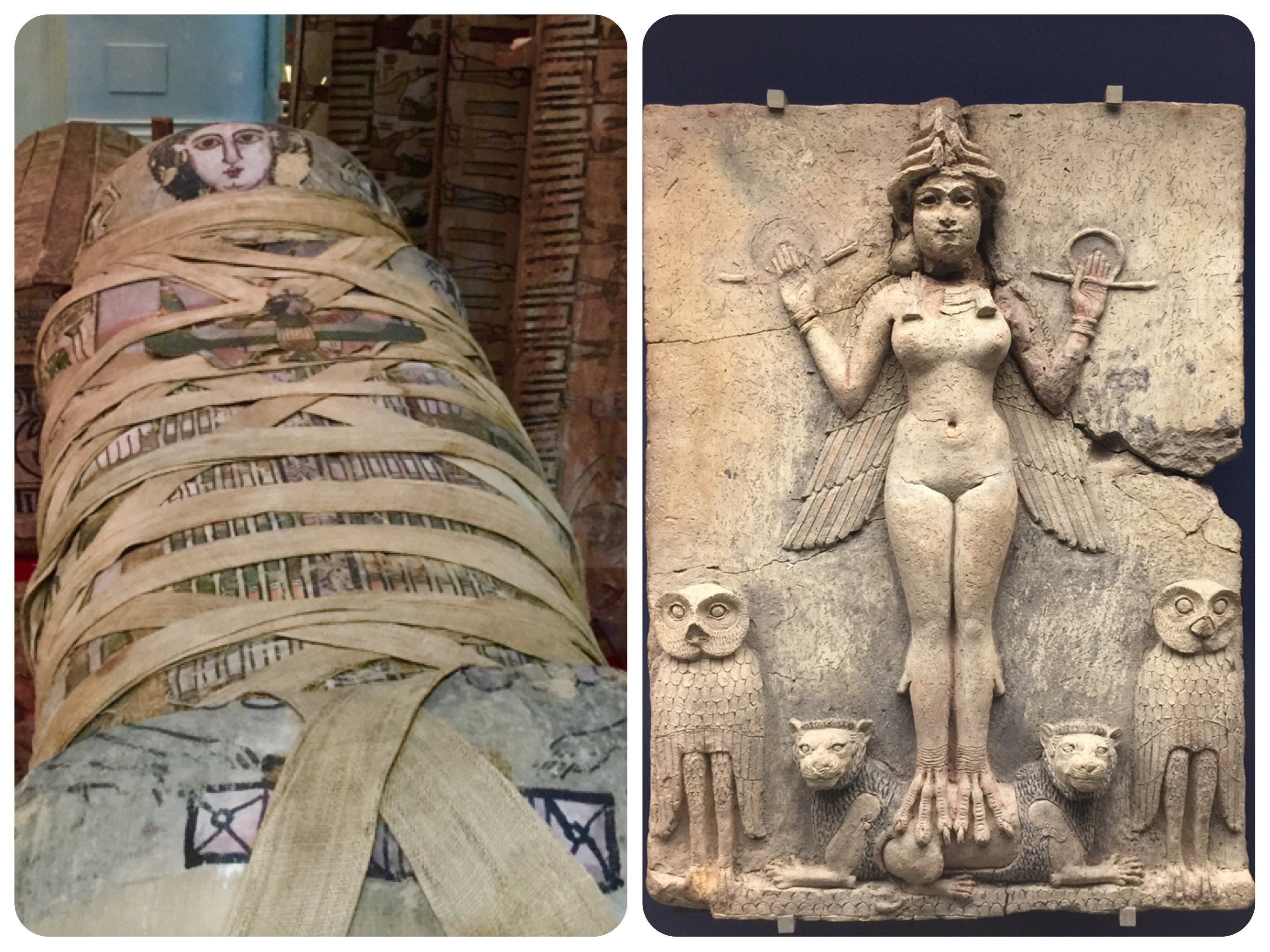
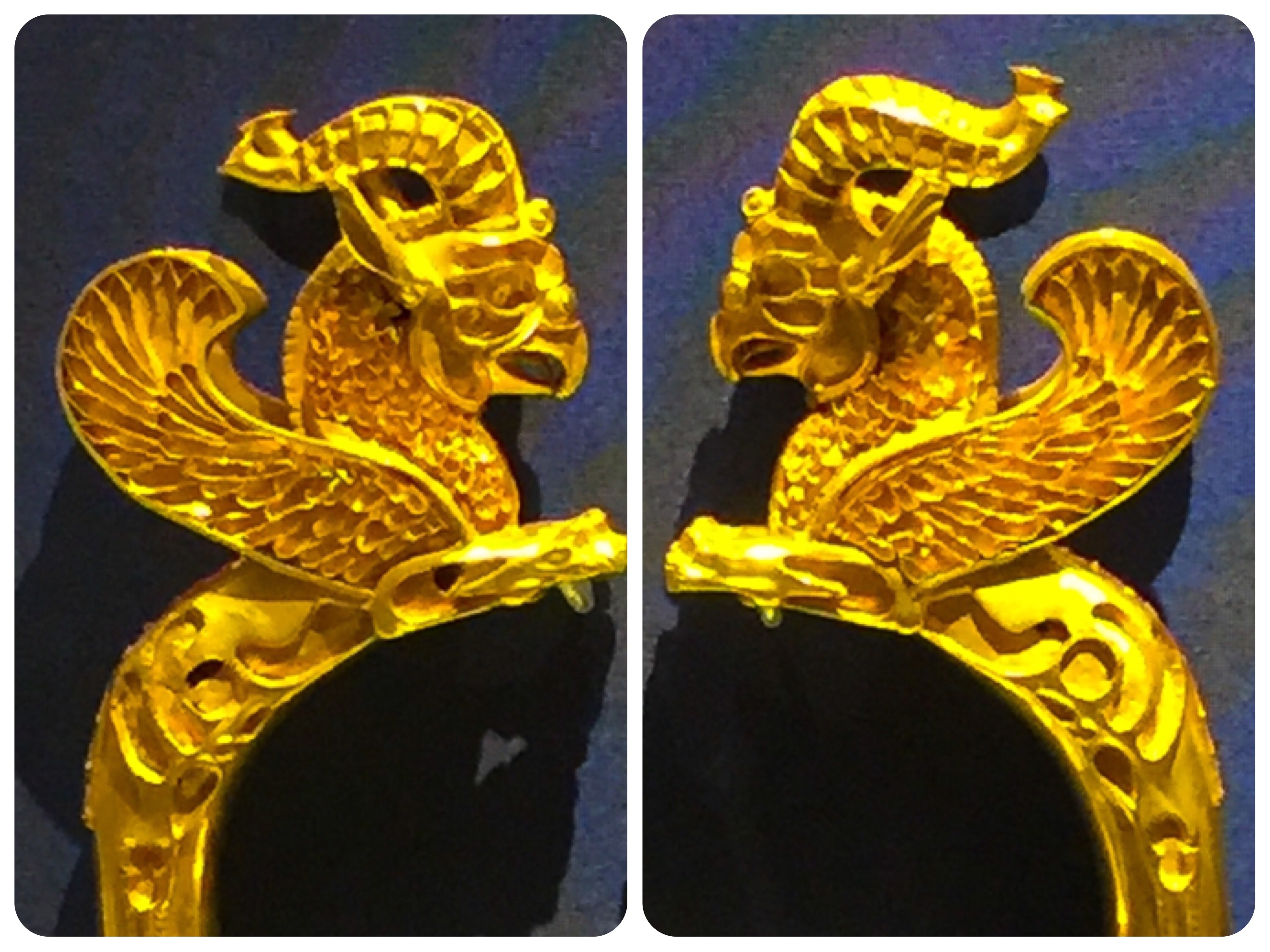
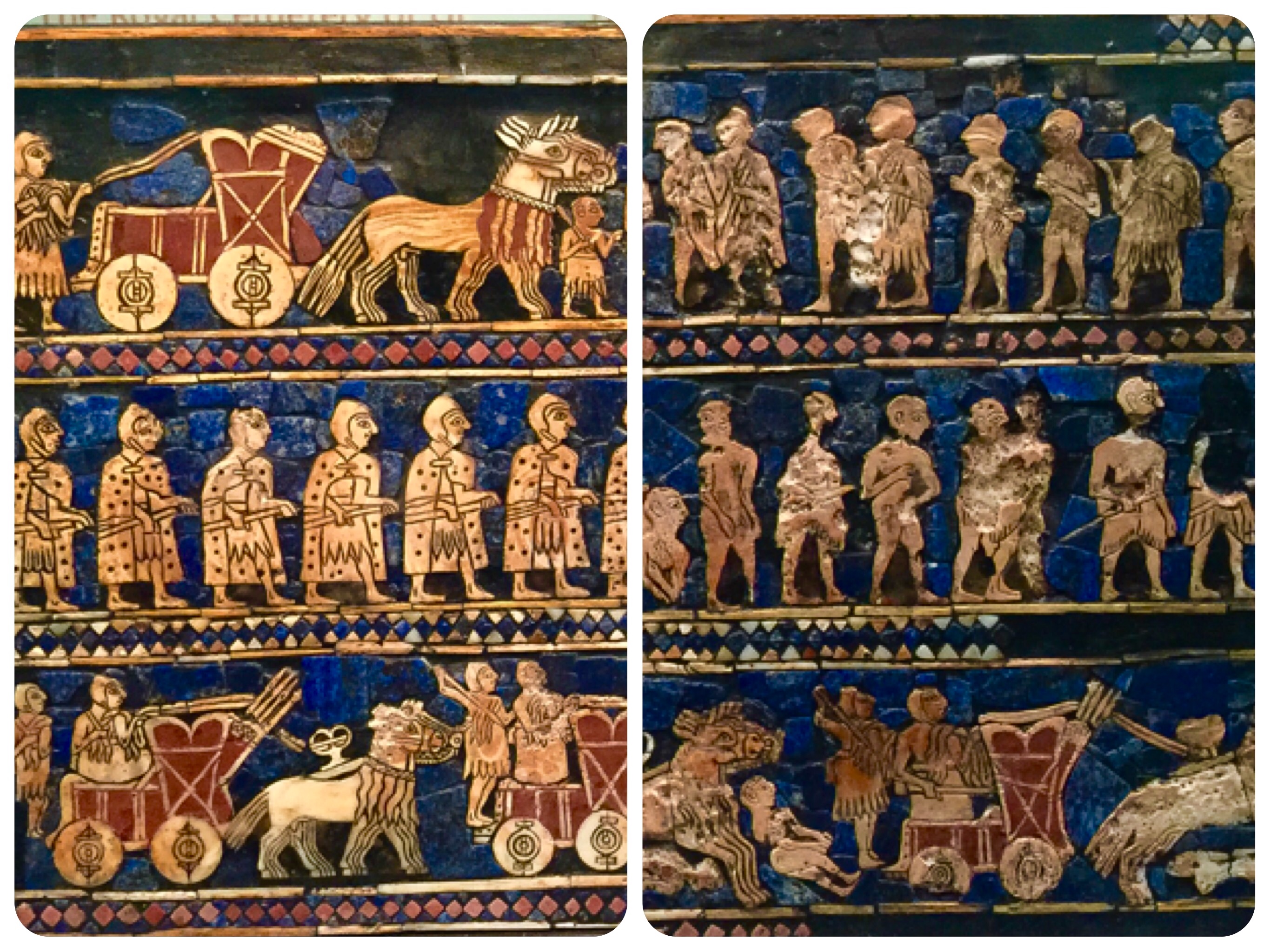
So....Why am I walking this Via Francigena pilgrimage?
There is a saying that I read somewhere that many people start off as mere long distance walkers, but invariably end up as pilgrims.
The long roads, the many hardships, the long travel and many travails, all rise up to meet the innocent walker and challenge him or her to question everything.
By the end of a long journey, the myth of traveling to see places on foot as a joyful leisurely activity, is bound to change into the search for meaning and purpose.
What is the difference between a long distance walker and a pilgrim?
Obviously both are seeking something greater.
A long distance walker is looking to improve her fitness, her endurance and her resilience, and is looking to stretch her physical and mental boundaries, with the possible bonus of an adventure that might meet her somewhere down the road.
A pilgrim has all these motives and more.
Yes, of course I look to improve my endurance, resilience, fitness, and to stretch my physical and mental limits.
I wish to get to the point at which I do not see myself as limited and small, easily tired and in need of many creature comforts.
But more than this, I am looking for much more from my pilgrimages.
I am looking to find the miracles that happen every day, but that we do not notice since we believe in the limited physical “reality” of our mortality.
Yes, I am looking to get more insights into our birthright of eternal youth.
I am looking to become more capable, more humble, and to express more of the Divine.
You might wonder why I feel that I need to walk pilgrimages in order to find all this.... when the Divine is within and available to be reached at any time of any day or night...
That is true, but I find that only by putting it to the test, can one truly evolve in fundamental ways.
I thought I was the sweetest person and on the verge of enlightenment twenty years ago, but since then I have realized the fields of guilt and anger, frustrations, lack of forgiveness and my belief in human limitations, that I had to cross to get to where I am today...
My search for complete Enlightenment is the search for the Light within, or in other words, I am looking to find God.
Not the God that resides up in the imaginary sky, that you can only reach after you supposedly die, but the real LIVING GOD that resides within me, the Light that IS my one true SELF.
So will I increase my chances of finding it by walking to Rome?
What about all the Buddhist monks and nuns in Tibet, Nepal, Thailand, Taiwan, and India who will never walk from England to Rome, does that mean they will not find God?
Why are we walking an ancient Christian Catholic pilgrimage, when we are not Catholics and not even Christians.....
To top the irony off, I strongly do NOT believe in the God portrayed in the Bible, be it the Hebrew, Christian or the Koranic versions of the Bible.
I do respect all religions, because they stretch their followers to look for something greater than the physical world as we perceive and interpret it, but I do not like the dogmas and the rules of conduct they preach.
The Buddha taught us that all forms are emptiness, or empty illusions.
That all forms, including your body and your many individual incantations, have never taken place.
That you are one with the universal life force or energy, that is at play in everything.
Bodies are not real, and thus they do not die.
Individual lifetimes are like an old majestic tree that sheds its branches.
It is not death, but a shedding of one of your many incarnations.
So it is the God of my own being, that I am looking to find.
And my search for enlightenment takes me on this pilgrimage.
Our last days in London have been full of activities.
We packed our pilgrimage backpacks and shipped our suitcase to our hotel in Paris.
Even though I packed minimal clothing and toiletries, being winter we had to pack rain gear, a warm coat, gloves, ski hats and fleeces, which make our backpacks heavy.
We visited the Saatchi Art Gallery, which we loved, and best of all the British Museum, with its phenomenal collection of ancient Egyptian mummies and sculptures.
The sarcophagi of the mummies were painted all around, including on the inside, with great symbols and details.
In some cases, even the cloth that was wrapped around the mummies was painted with the faces of the departed.
The ancient Egyptians removed all the internal organs from the body, including the brain, before mummification.
They never removed the heart since they believed that the purity of your heart will need to be judged by the Gods, after death.
But they took great care to preserve the “frame” of the body, which is the skin and bones.
It is very curious to me that they believed the soul can reenter the frame and animate it again.
They even put near the sarcophagus as many as 365 “Shabti,” one for each day of the year, which are small dolls that look like mummified servants.
It was believed that the departed will have to do work in the afterlife, and the royals were buried with Shabtis, who will do the work for them in the afterlife.
It brought to mind the terra-cotta Army that we saw buried in Xian, China, along with the emperor in his mausoleum.
After seeing the amazing British museum, one can almost forgive them for removing ancient cultural artifacts from countries around the world.
One must wonder if these treasures would have survived the wars and vandalism in their original locations, as well as they have in the British museum....
I think not.
At least now these world heritage treasures are available for all to see and for free.
With warm blessings,
Tali